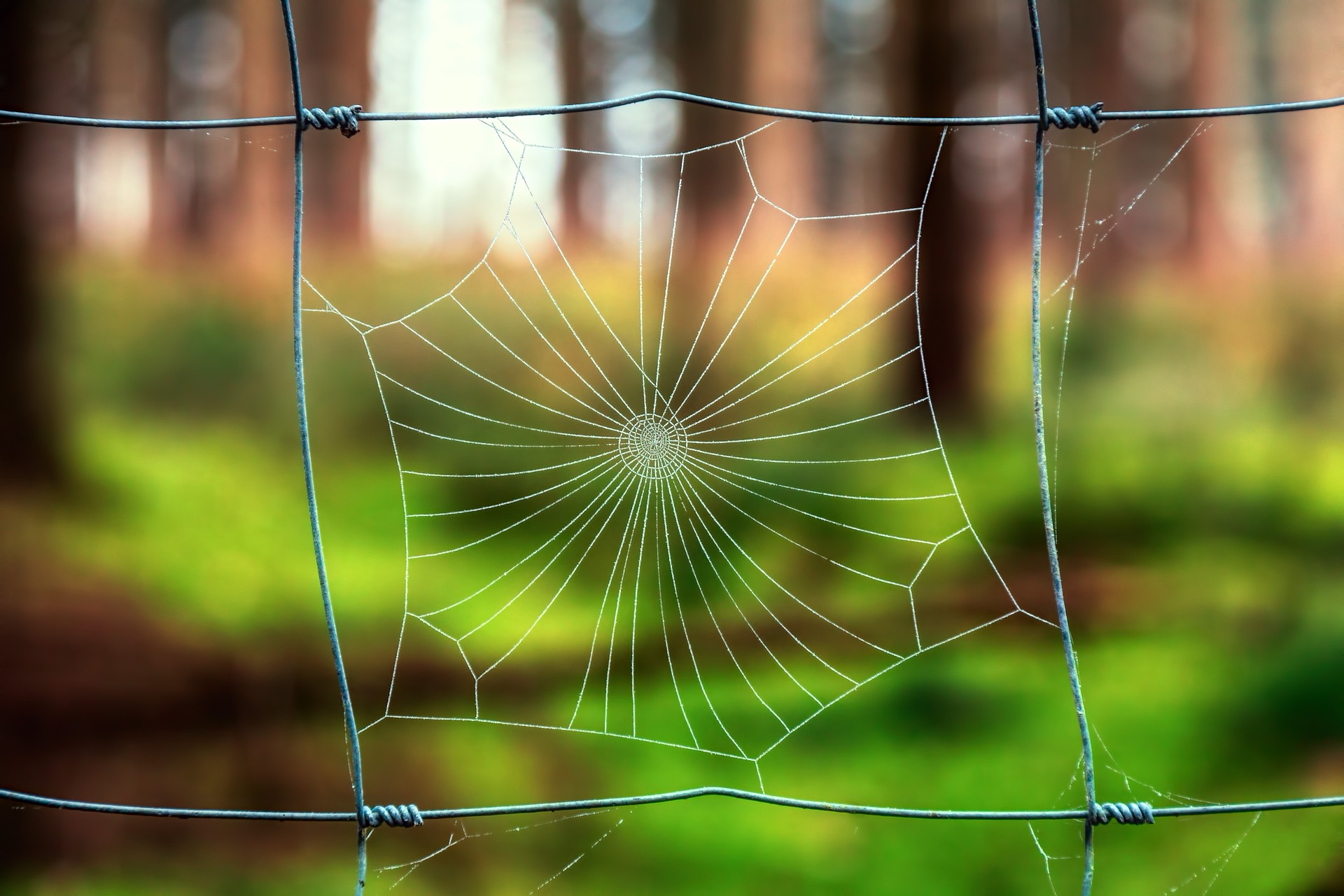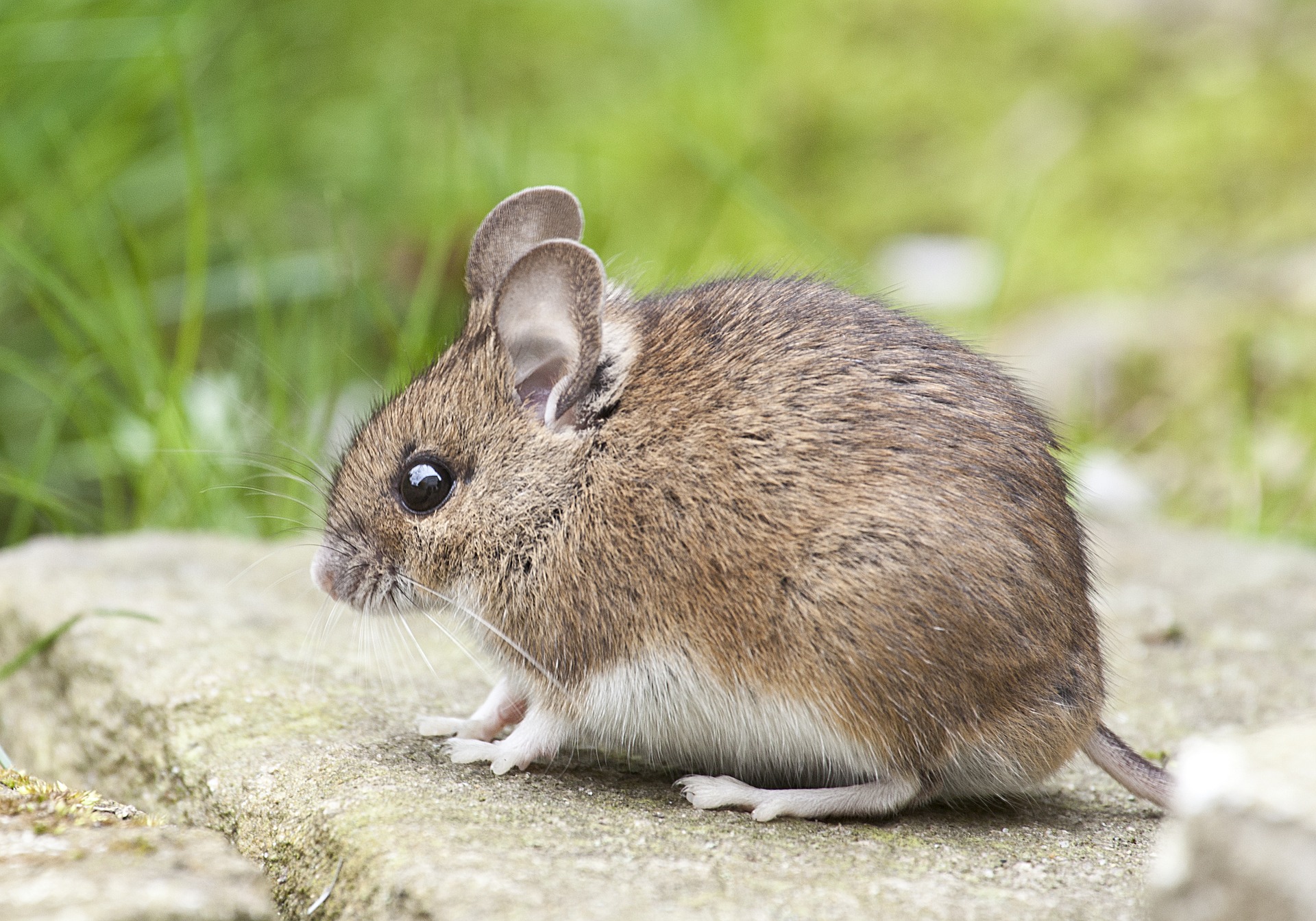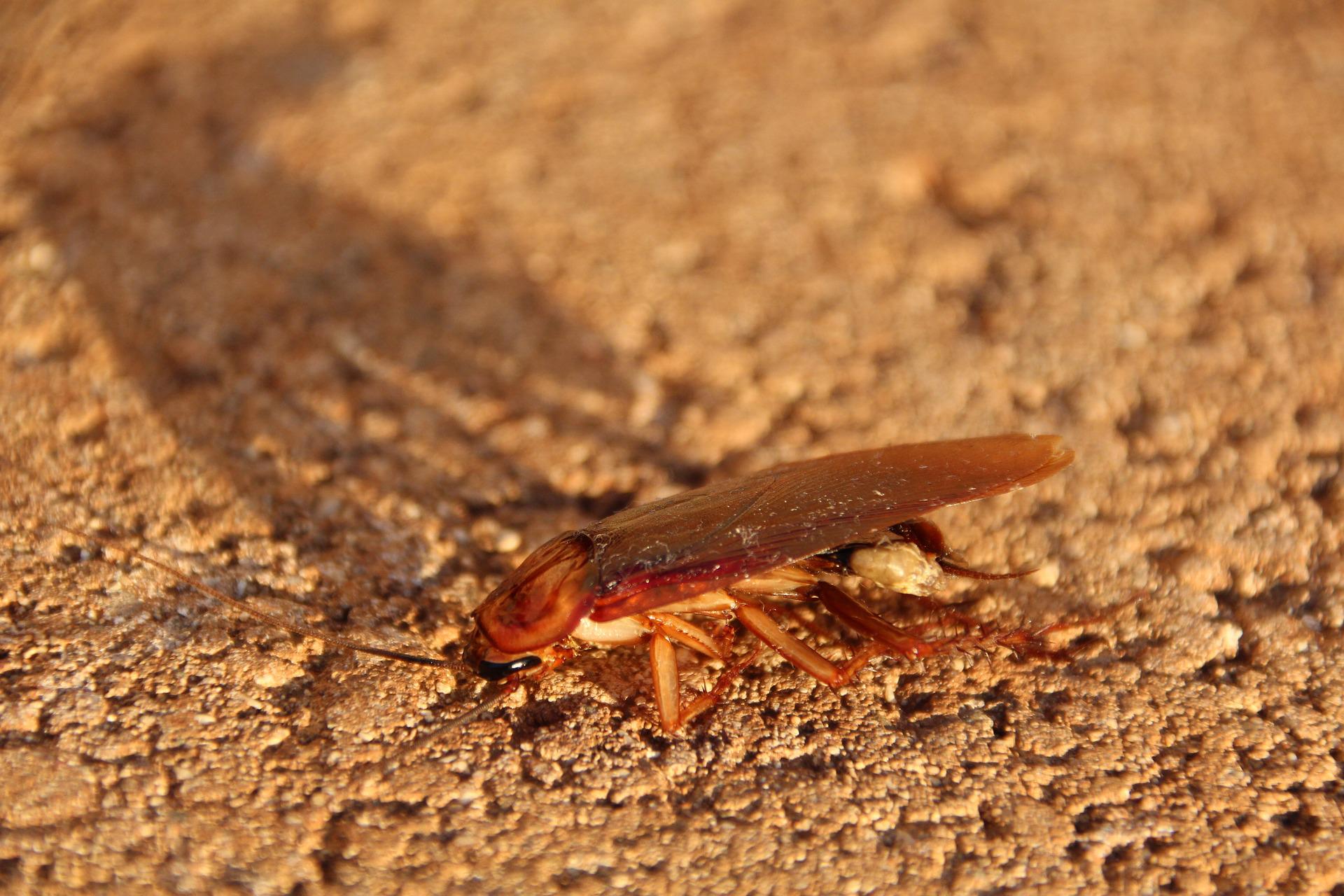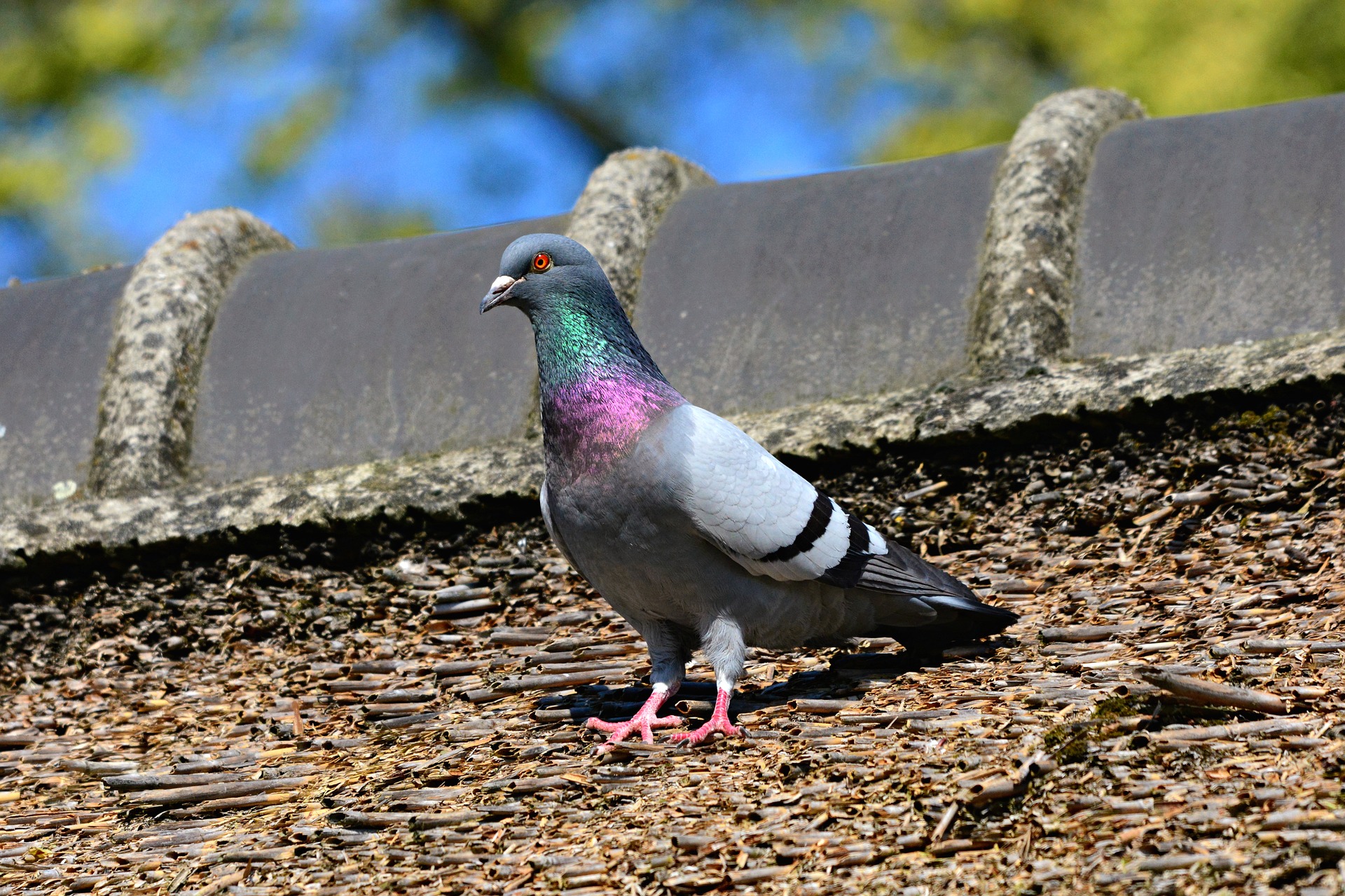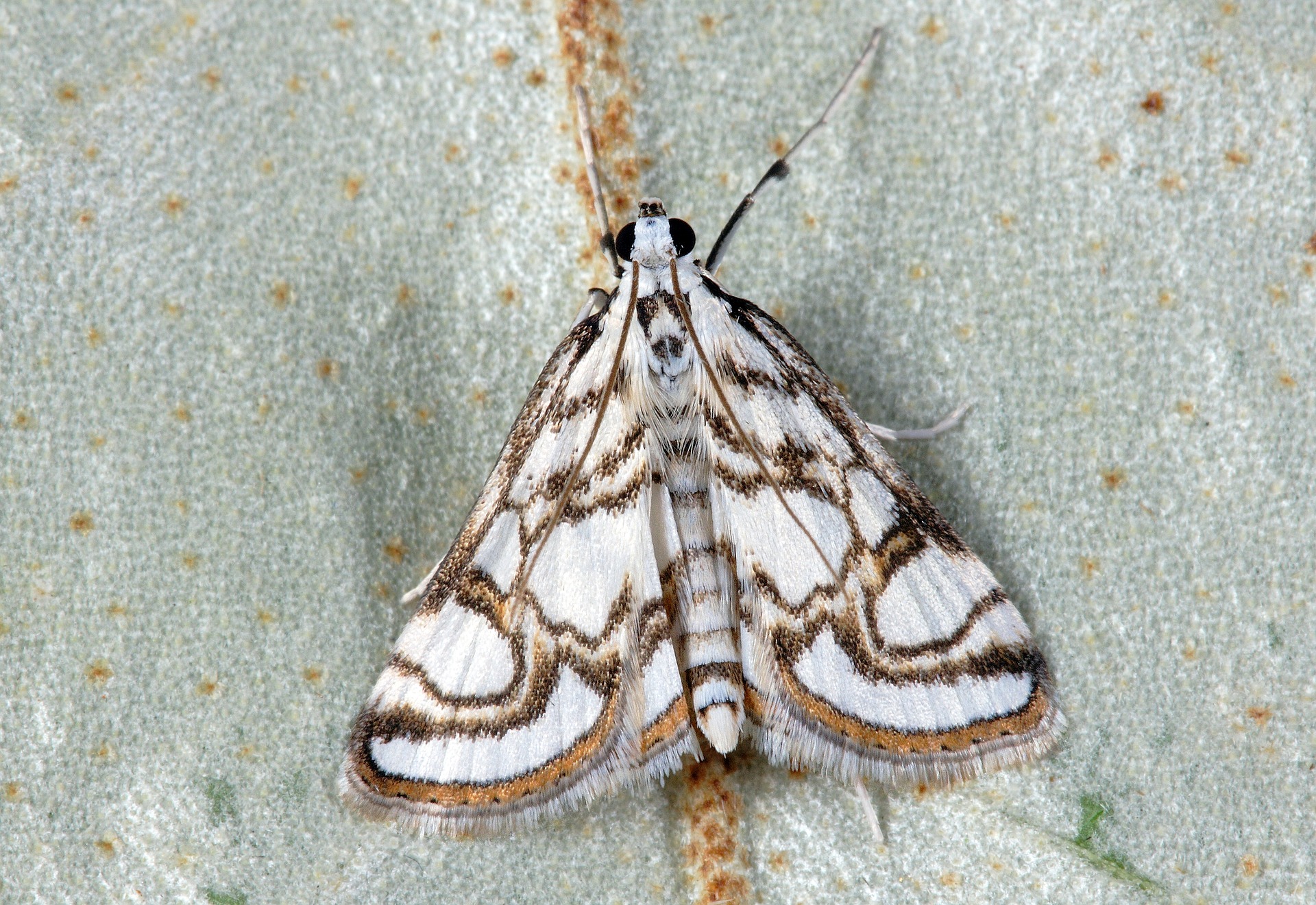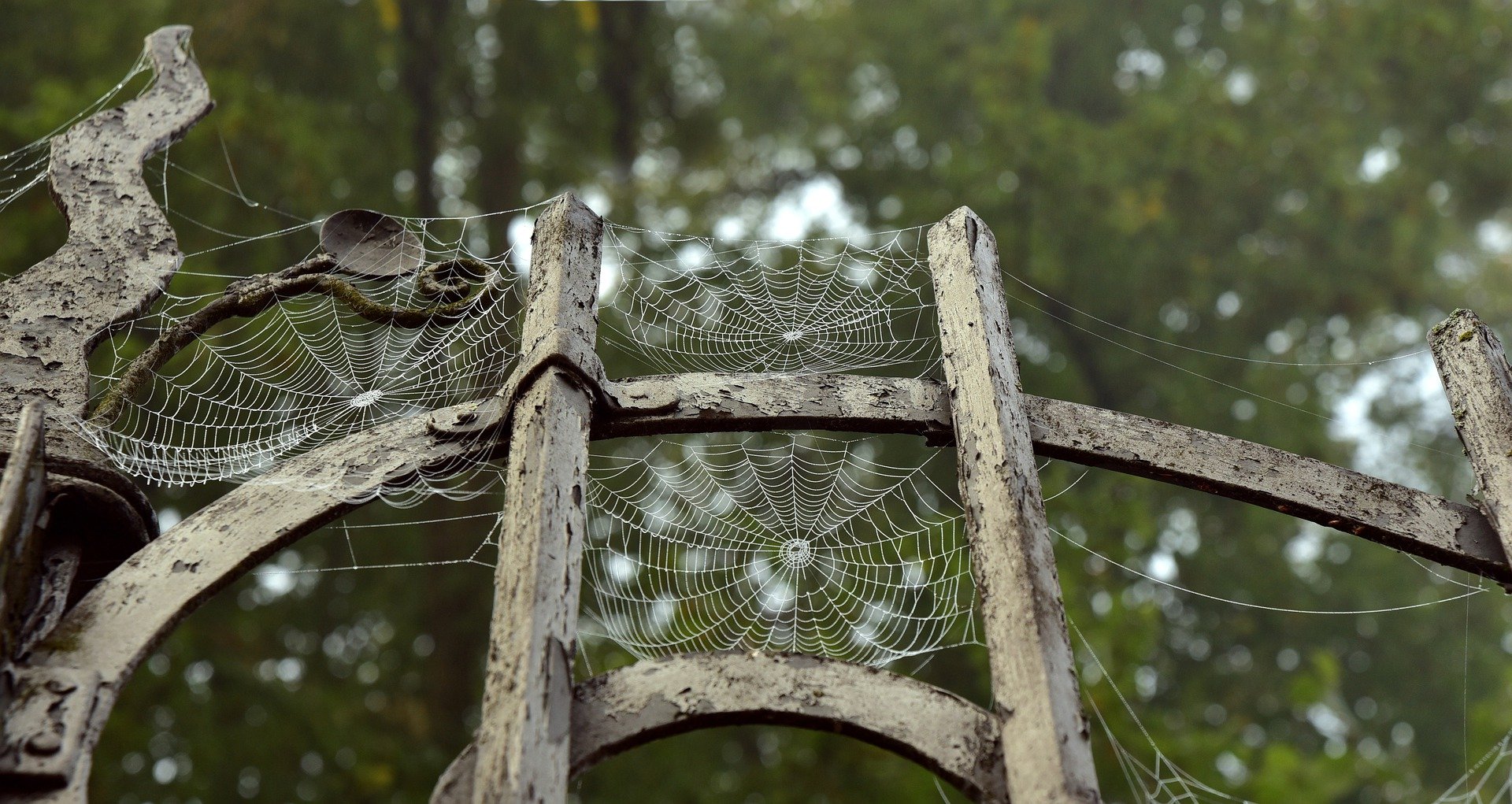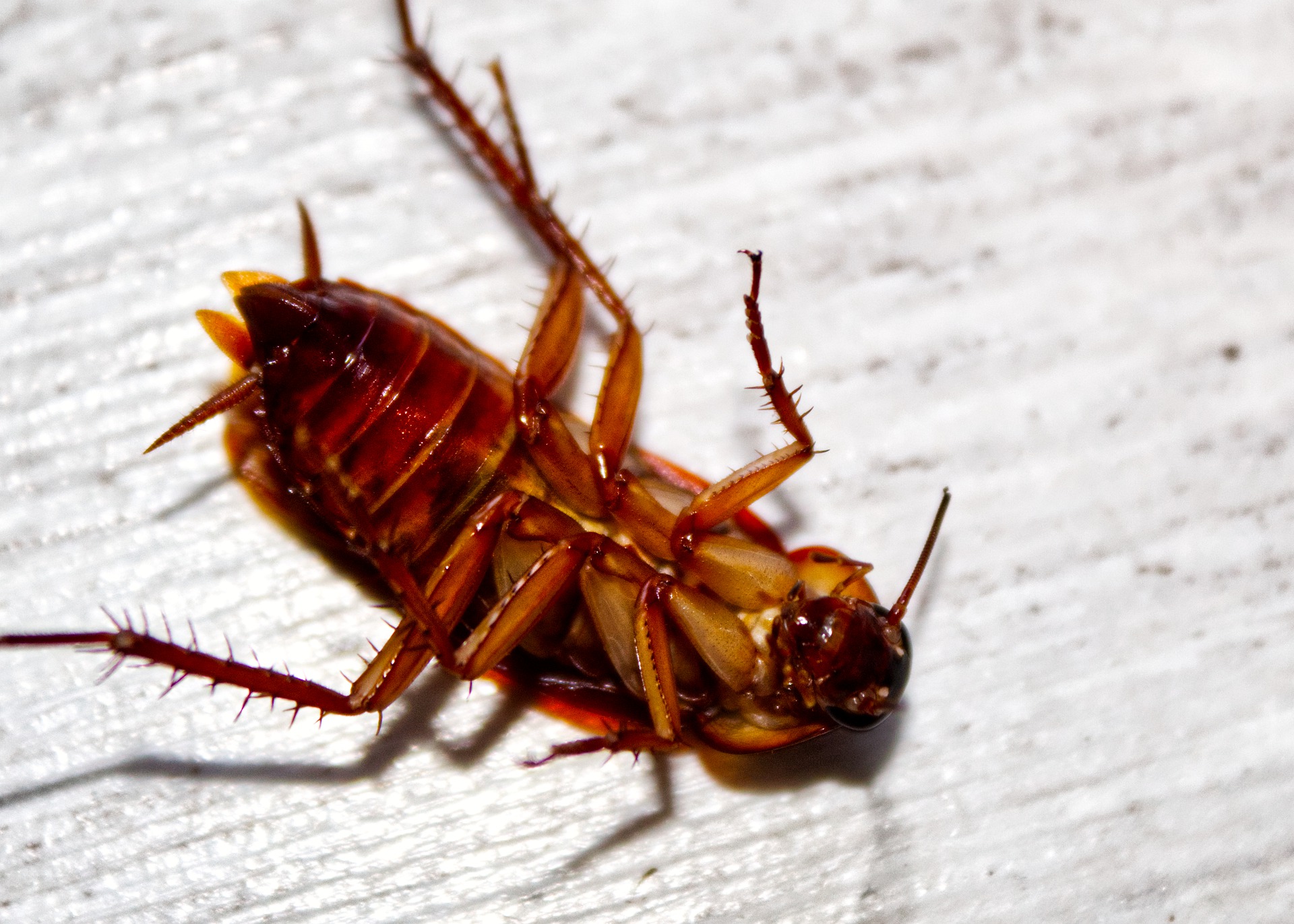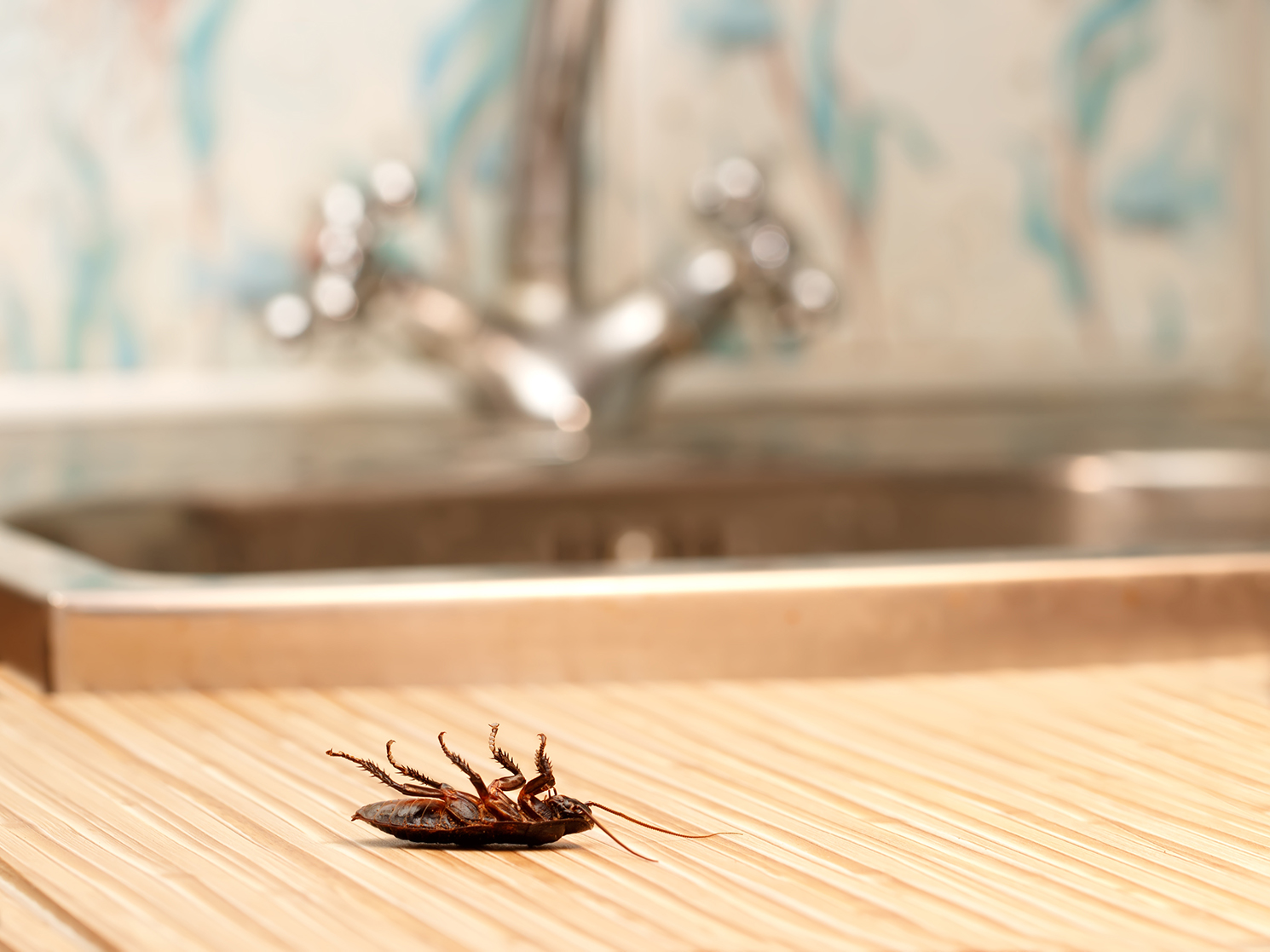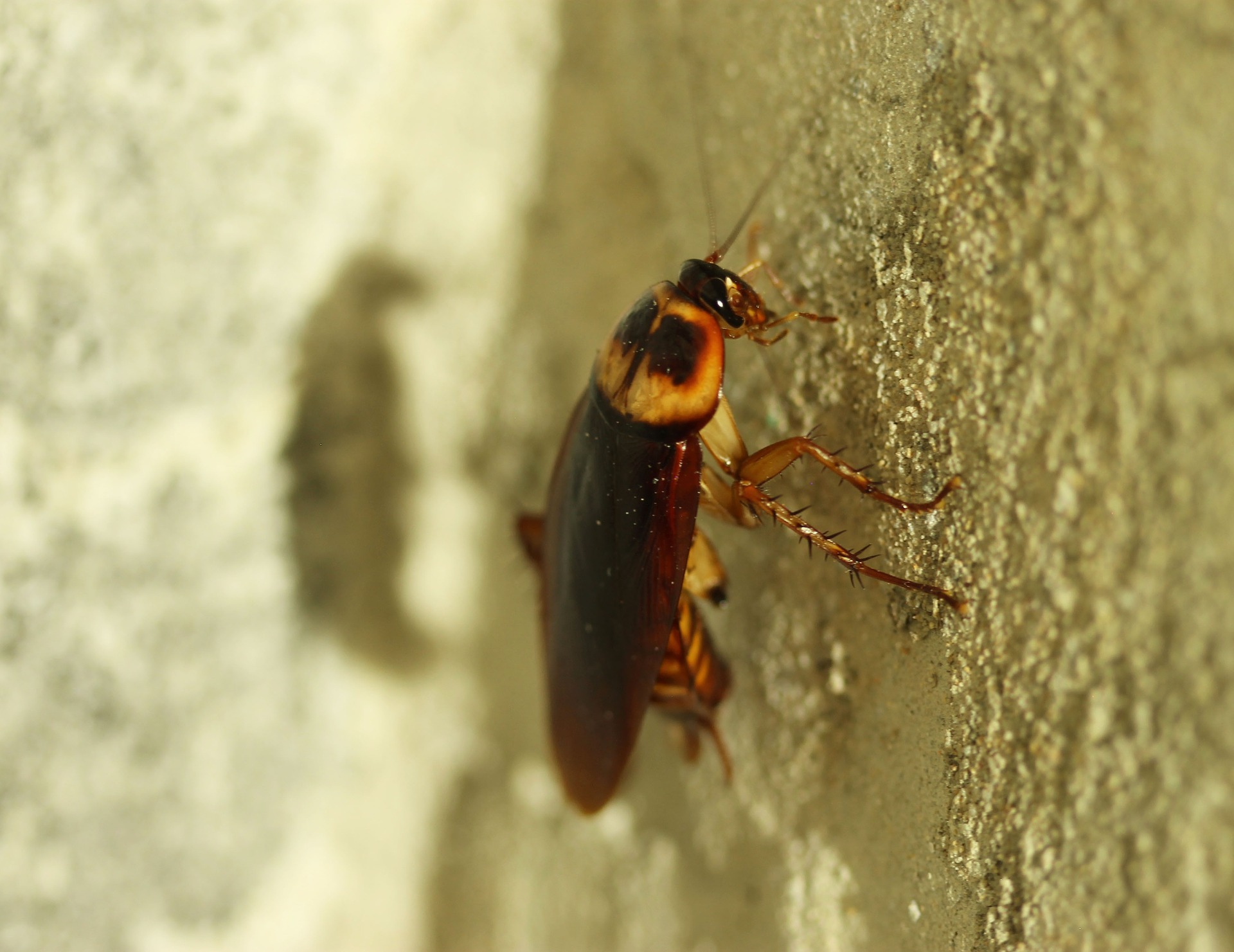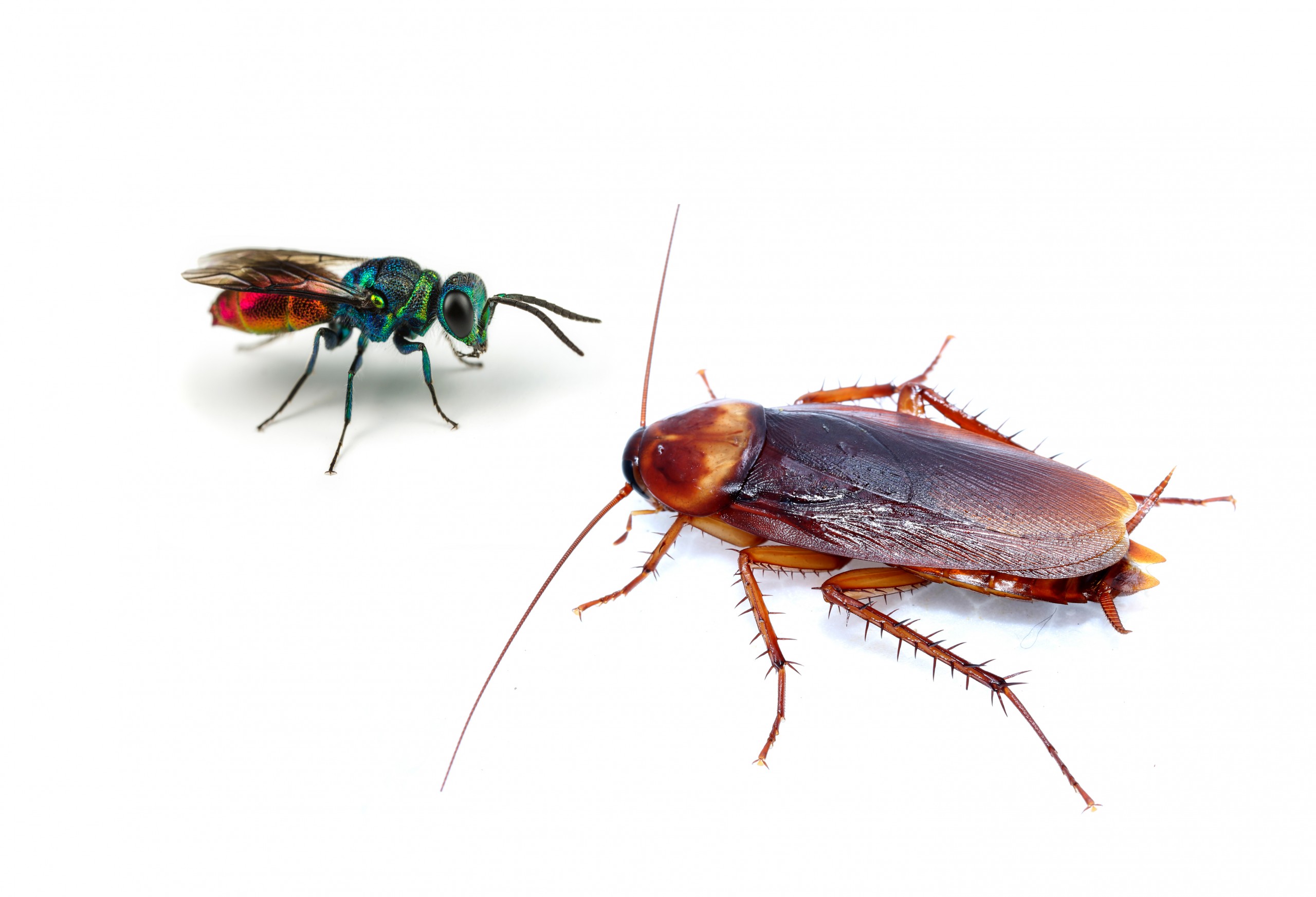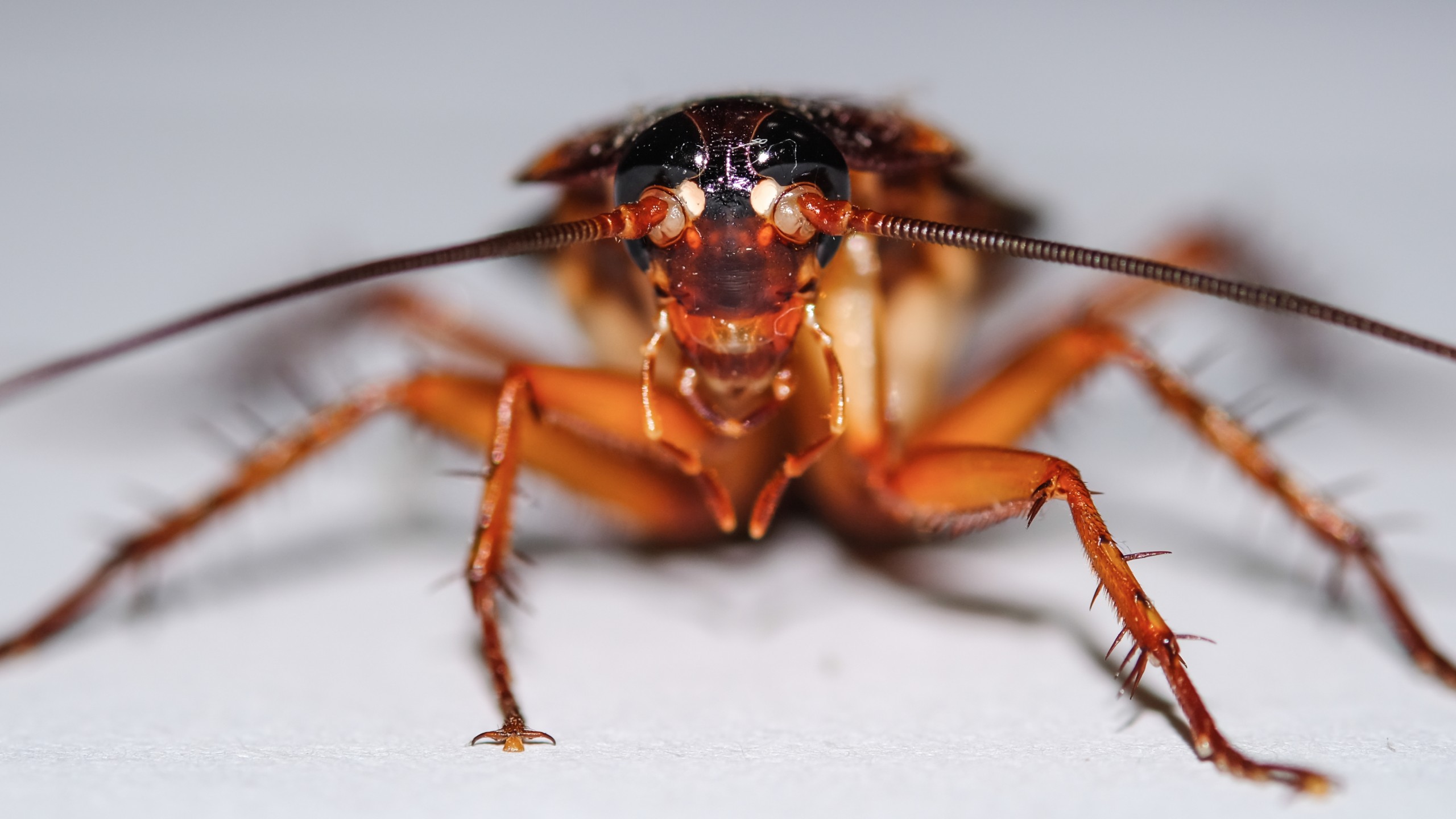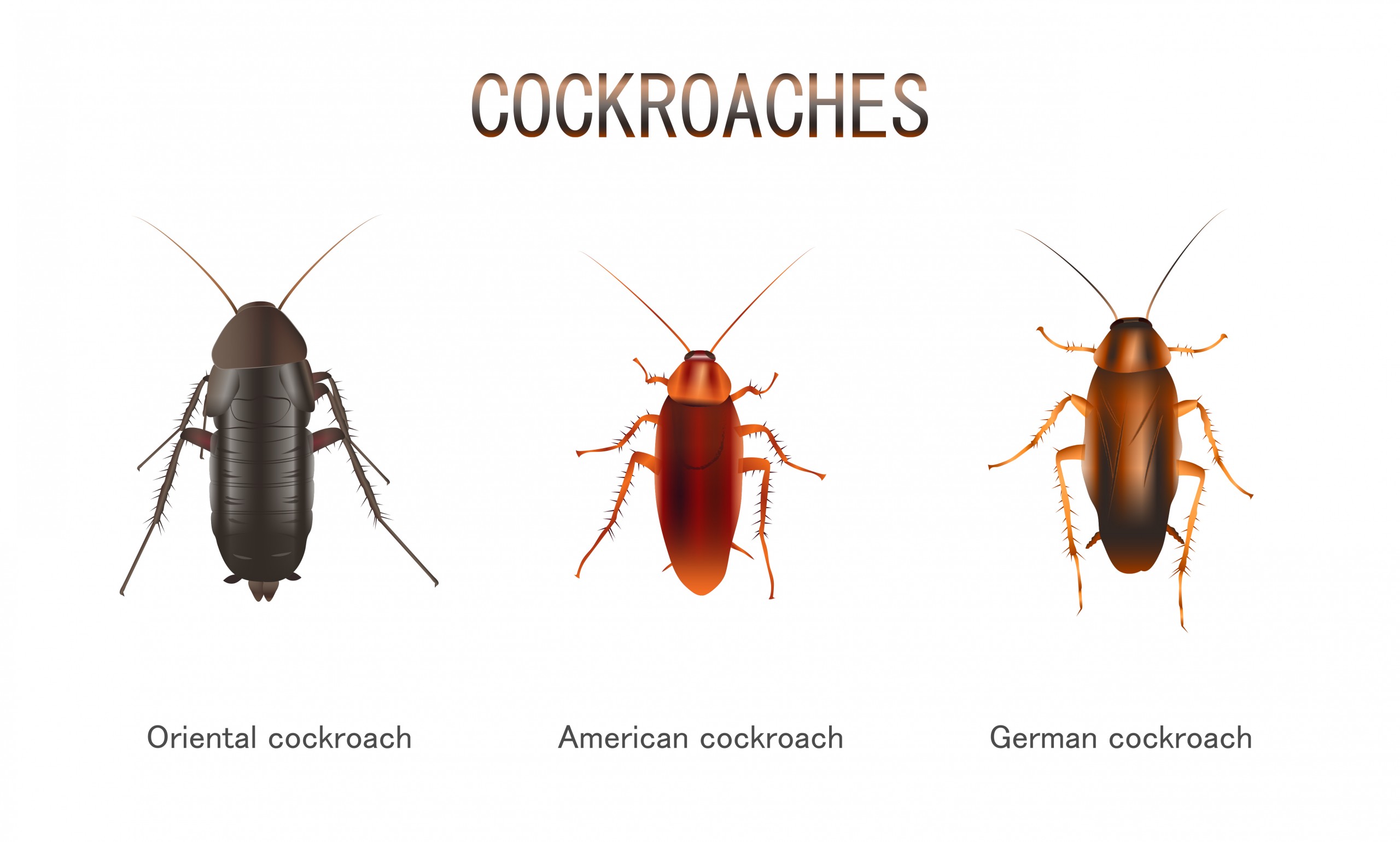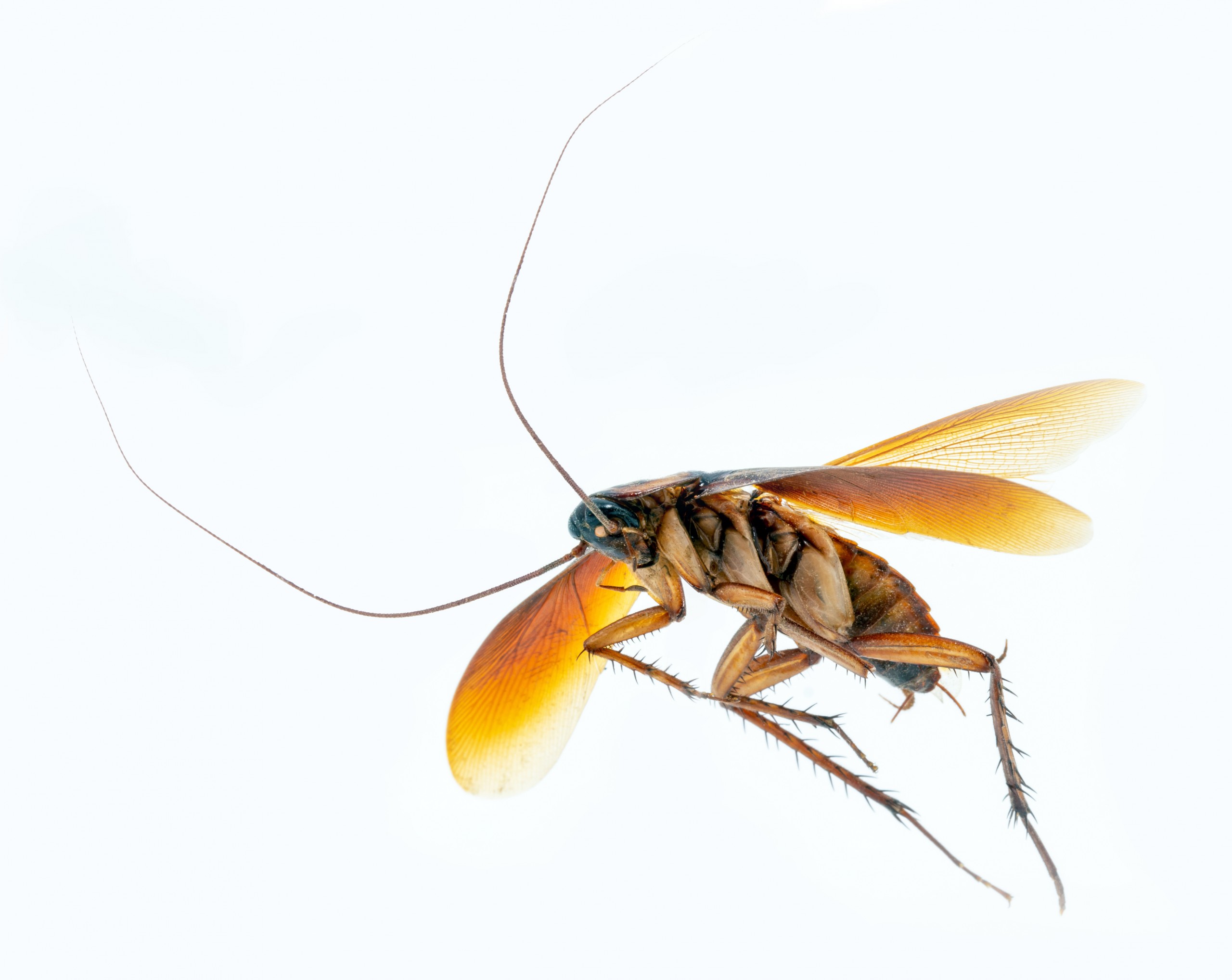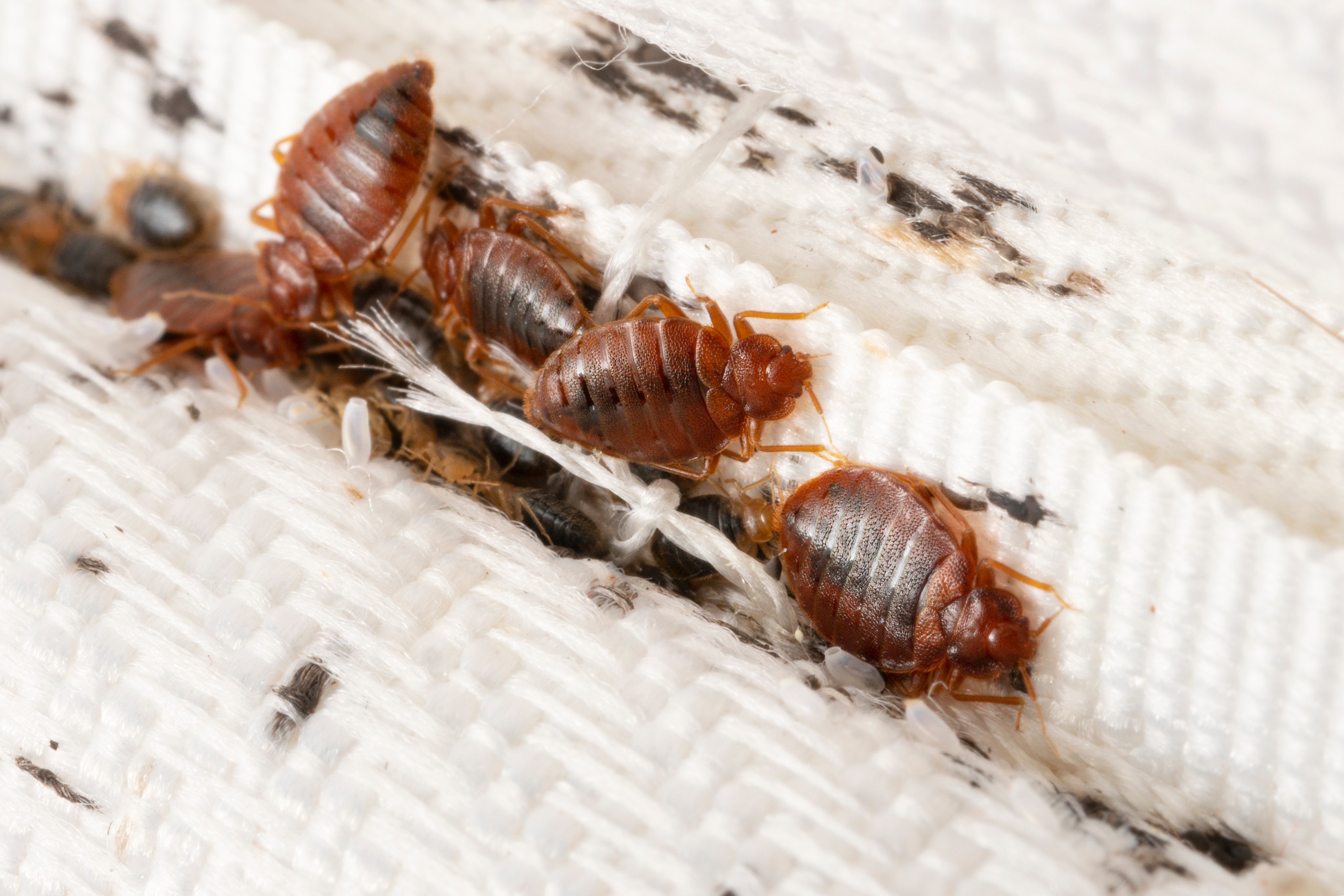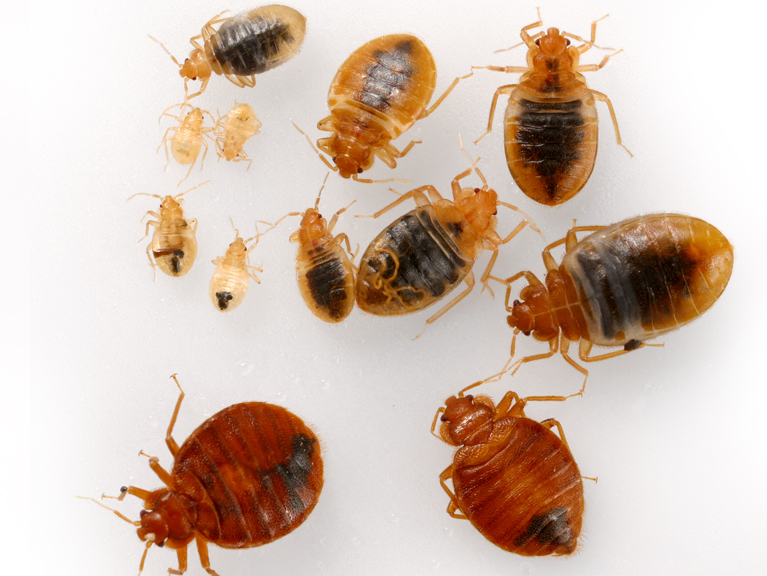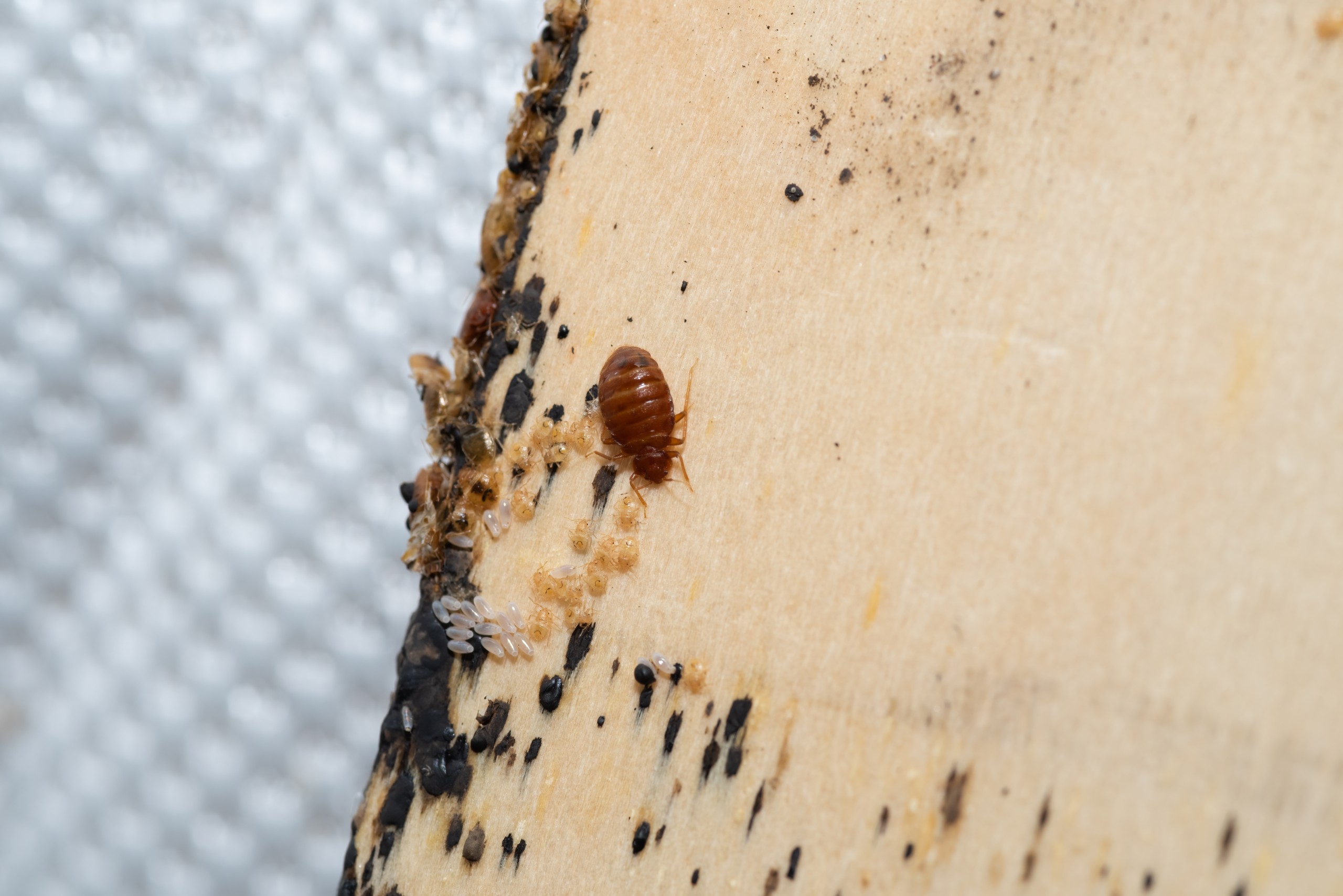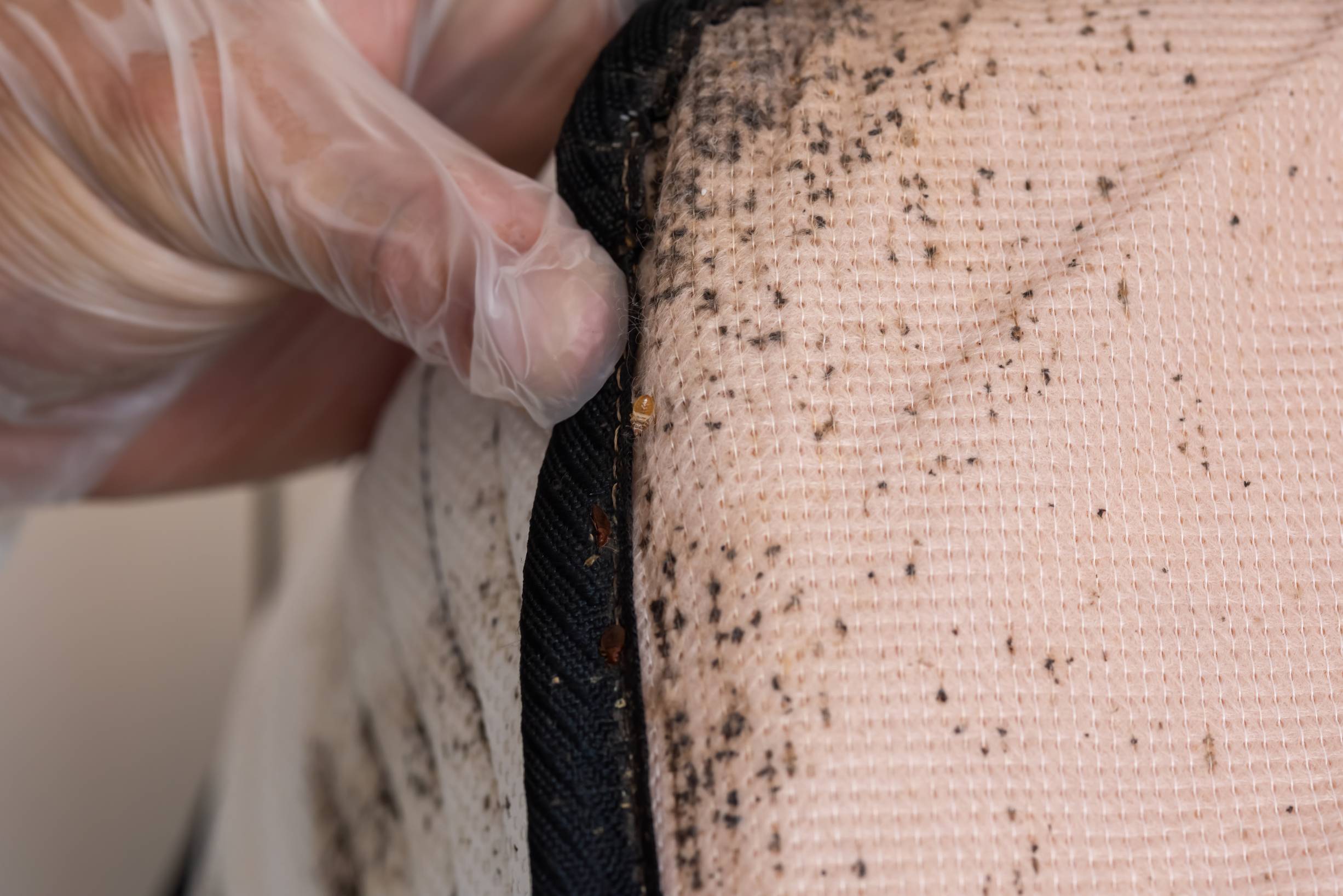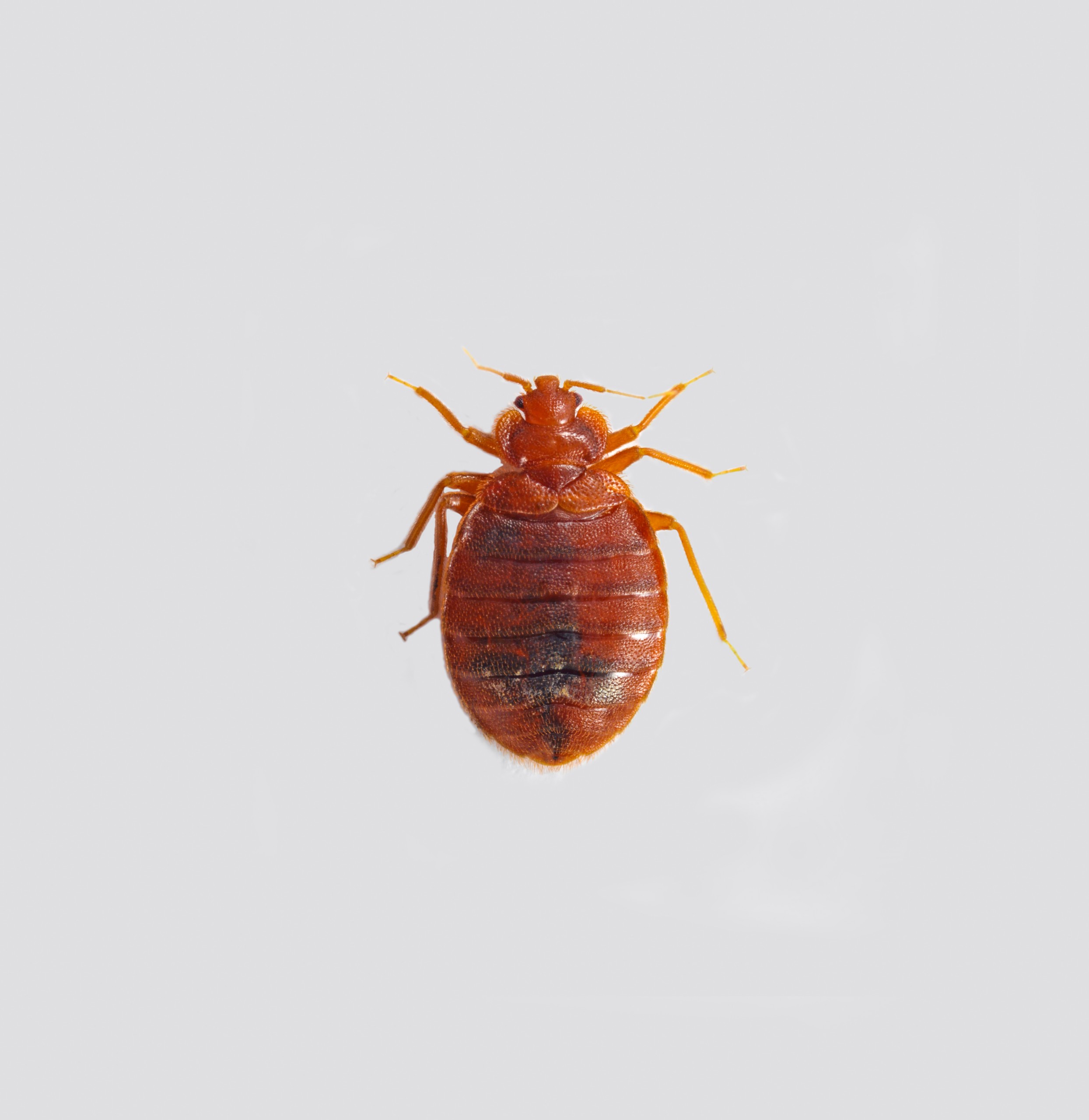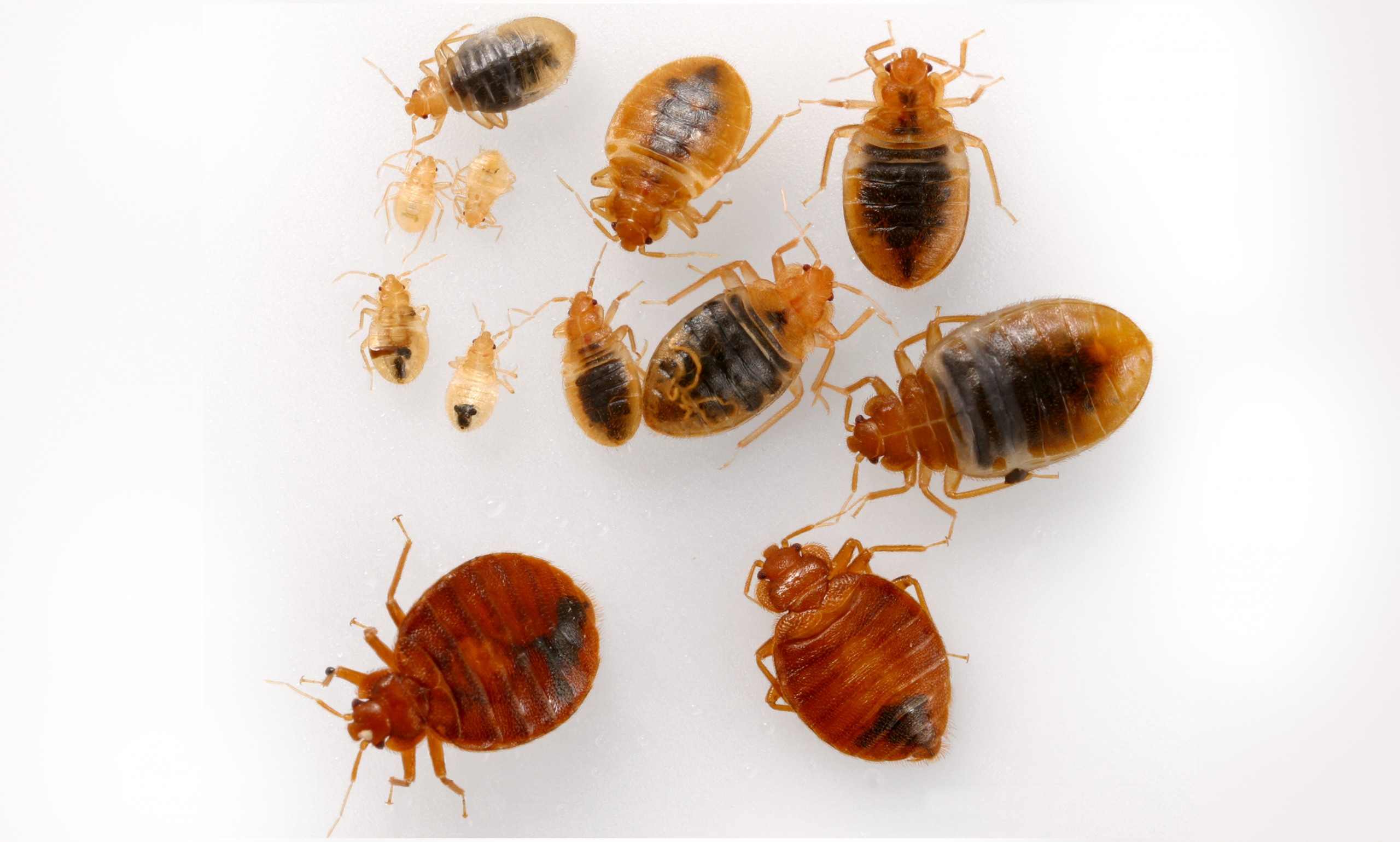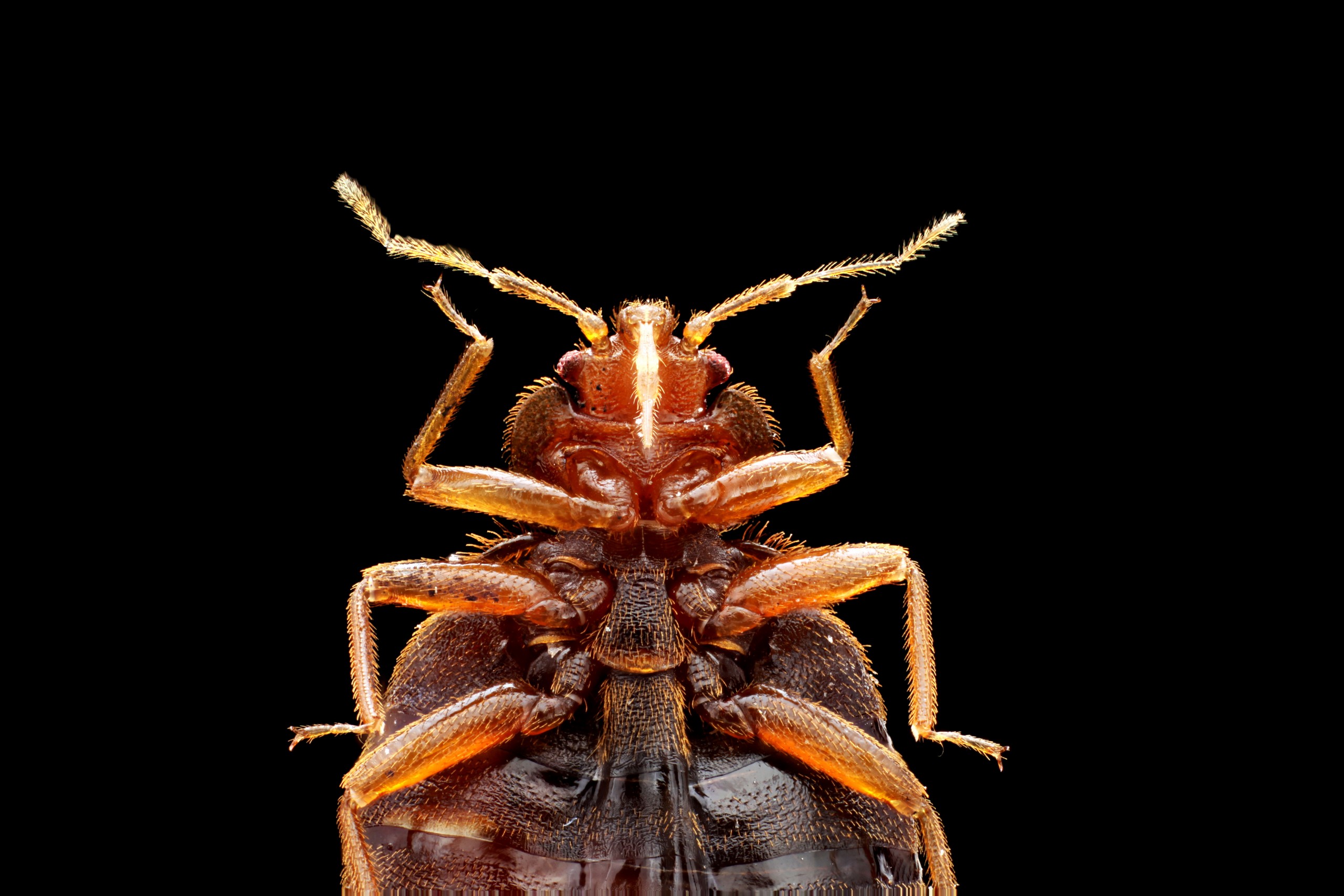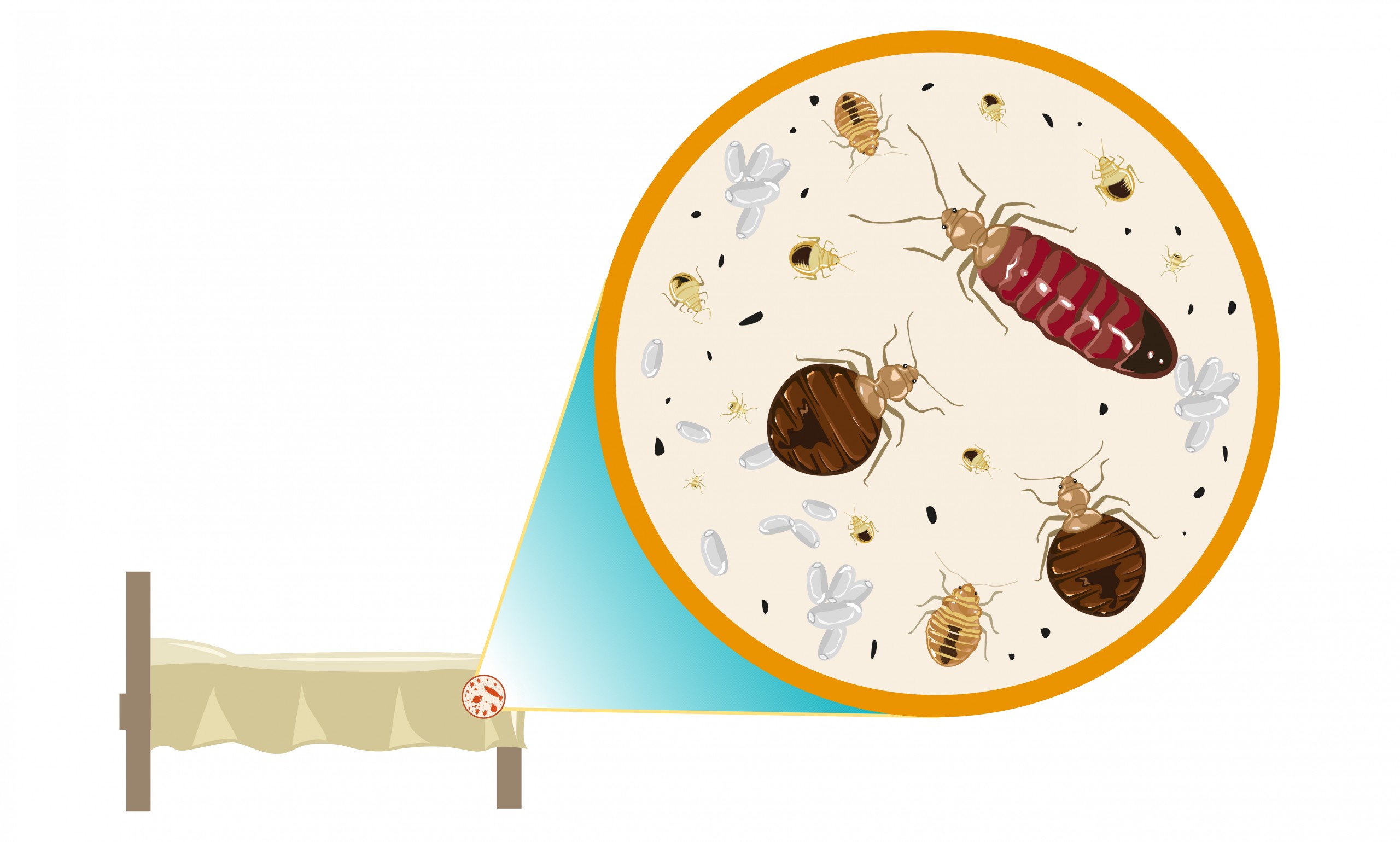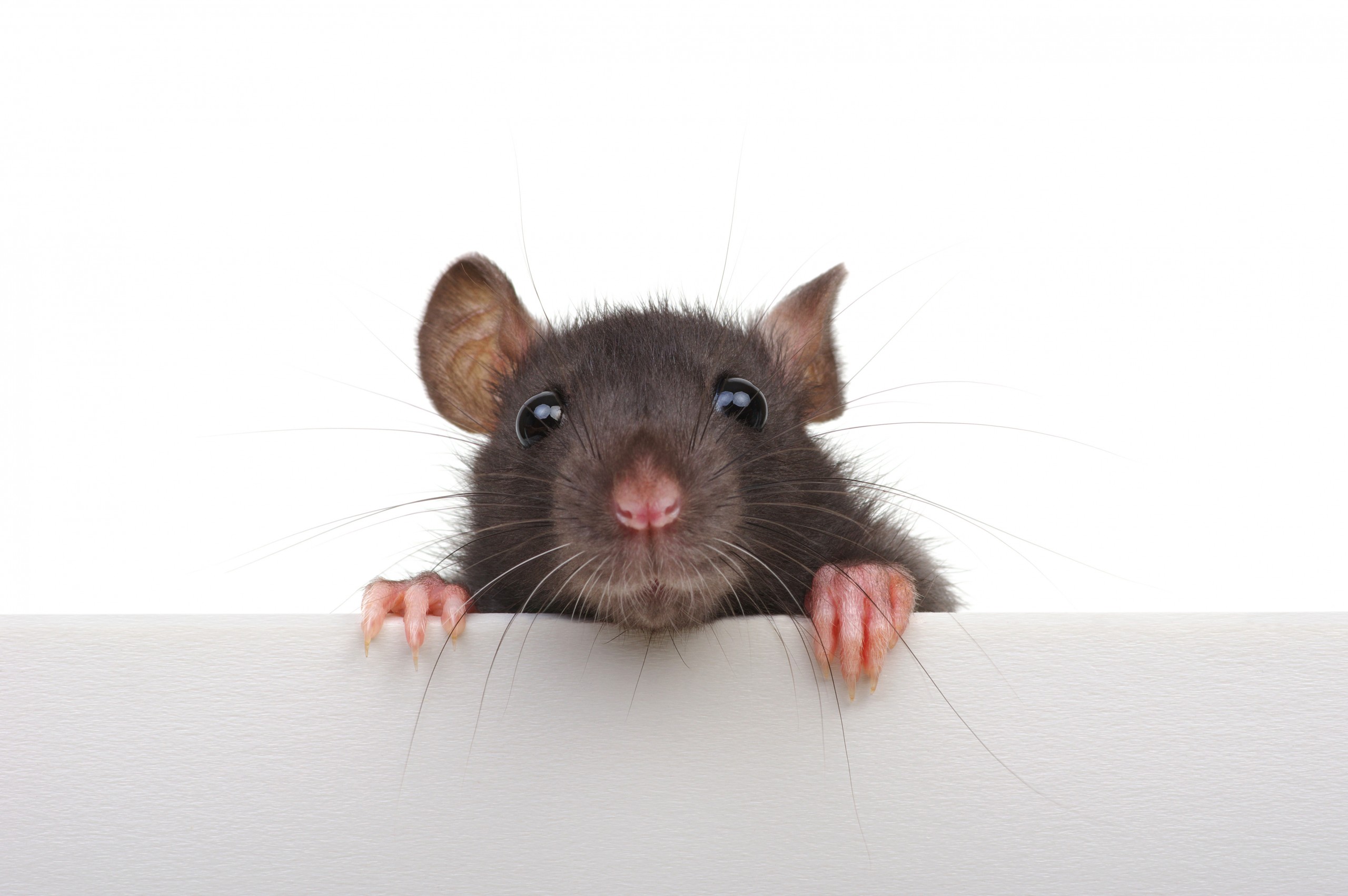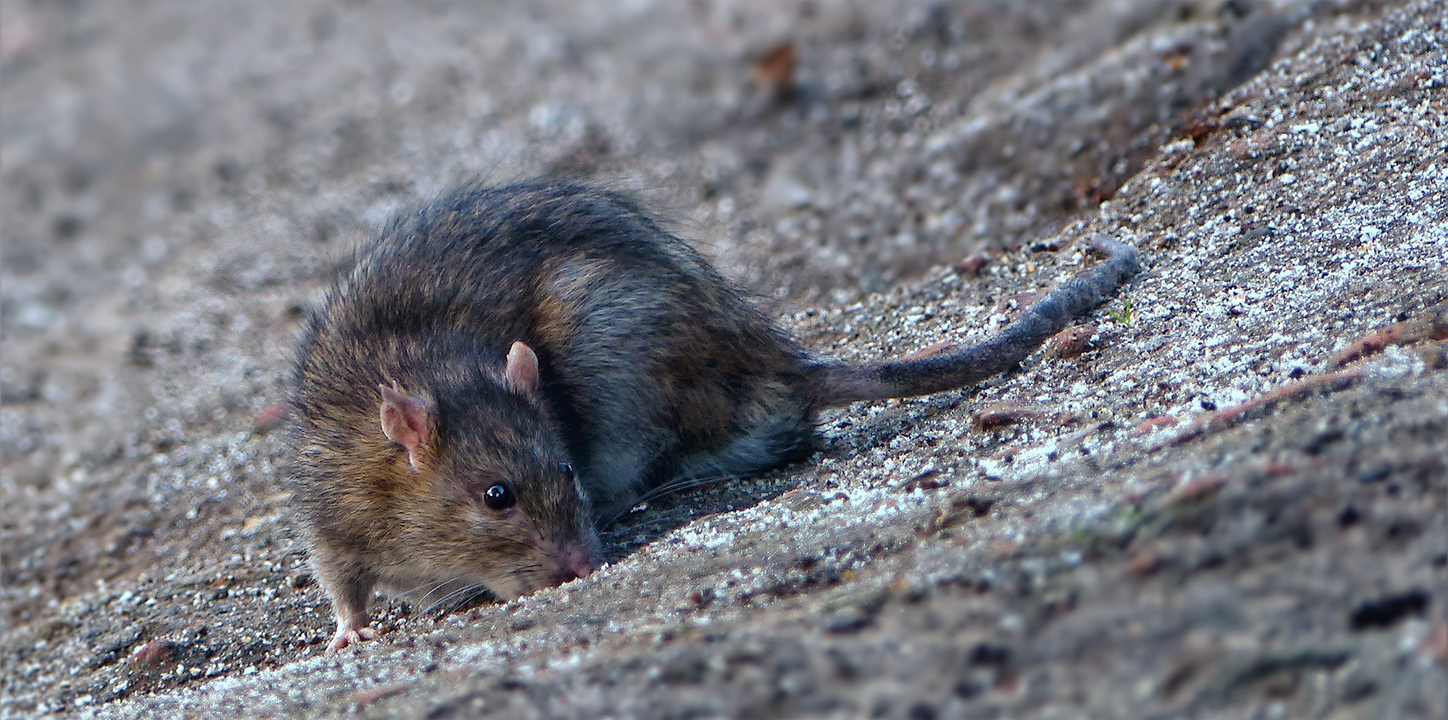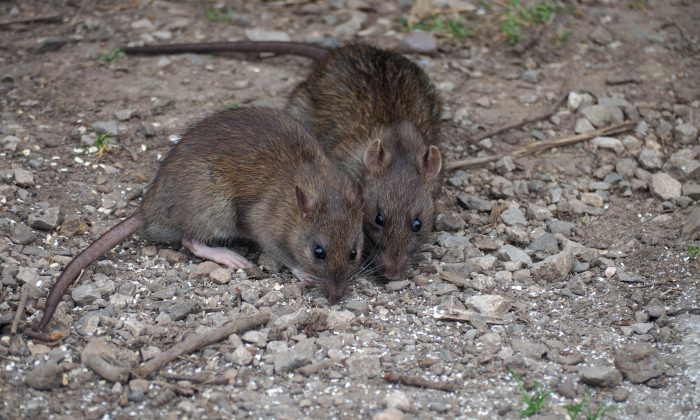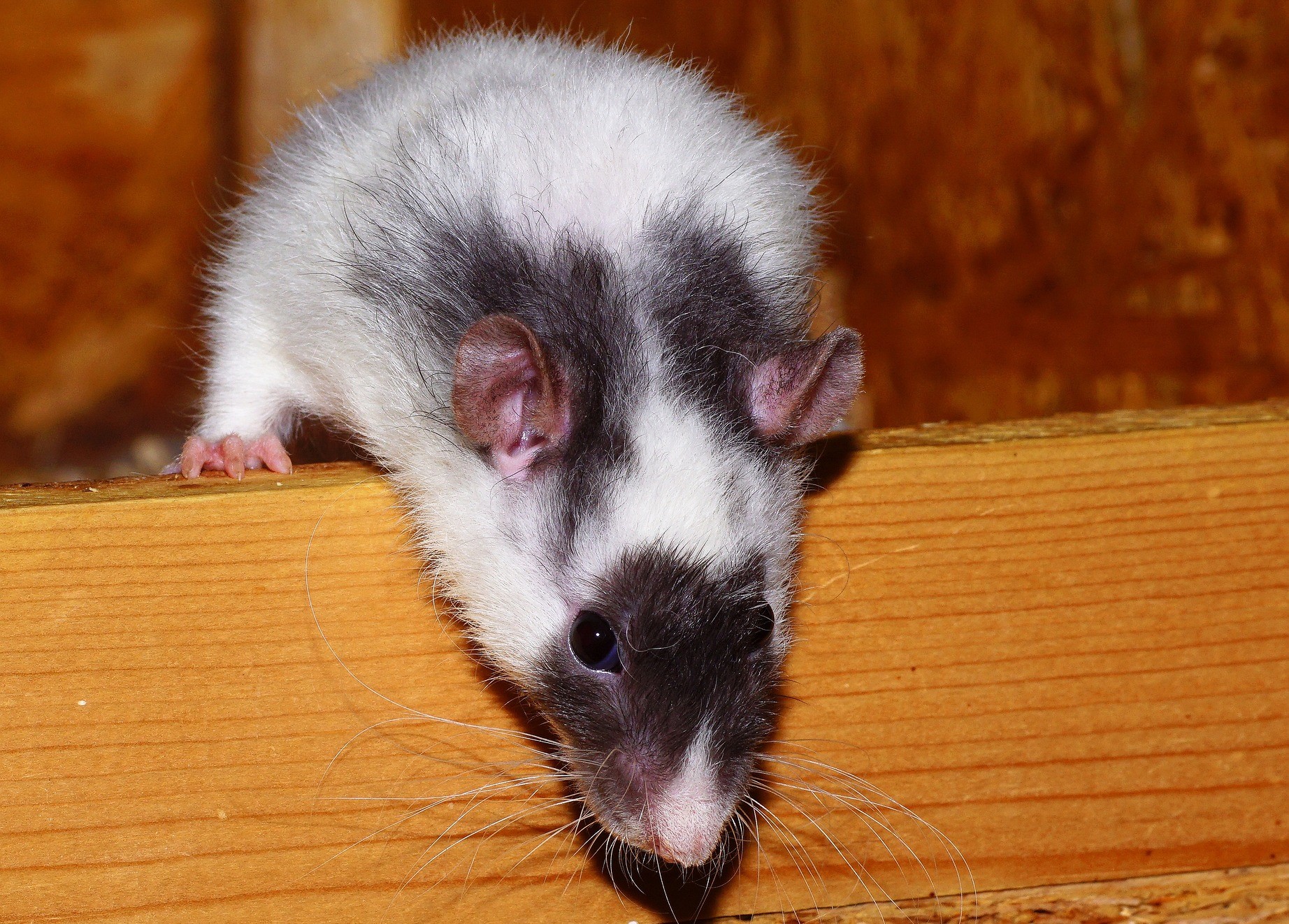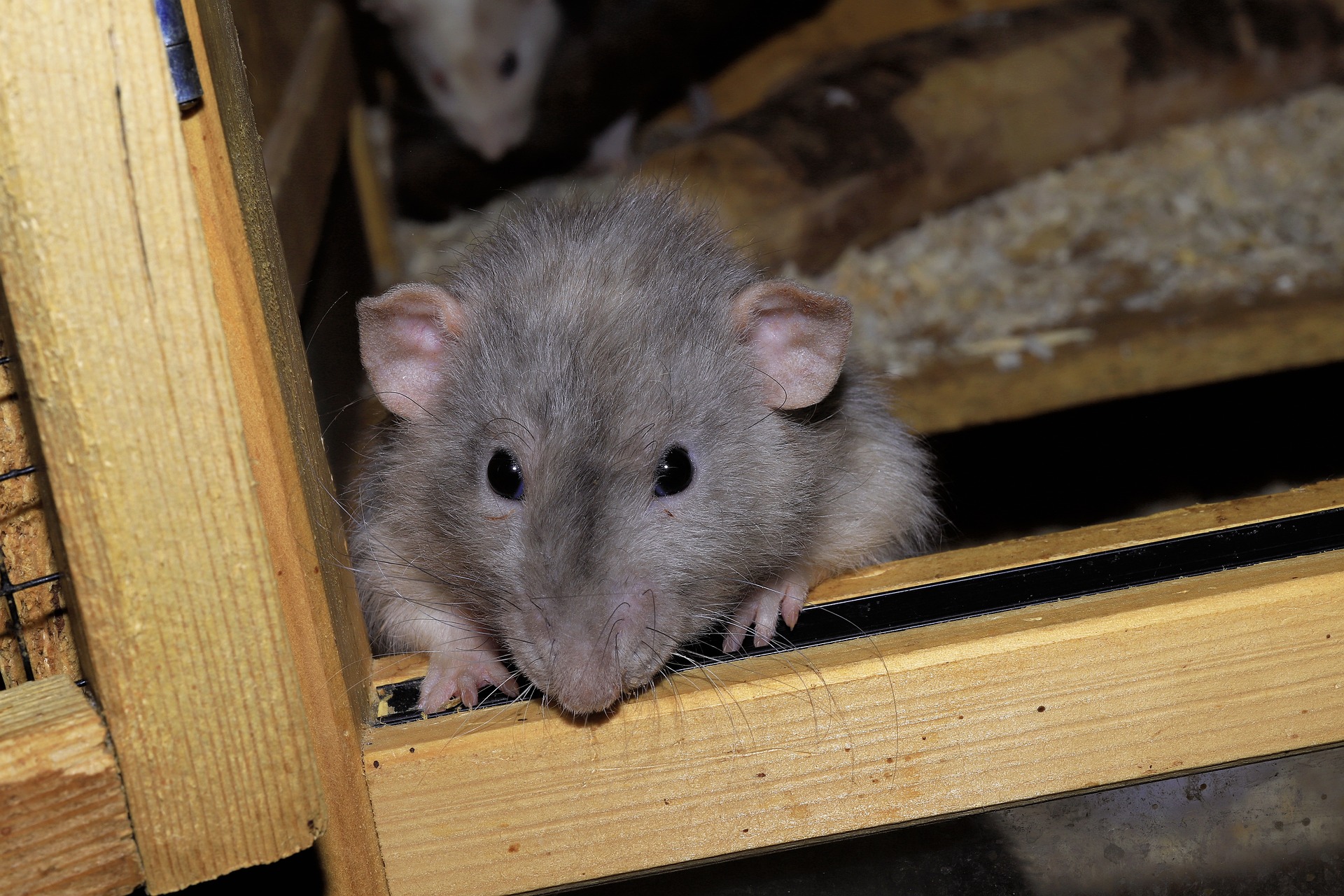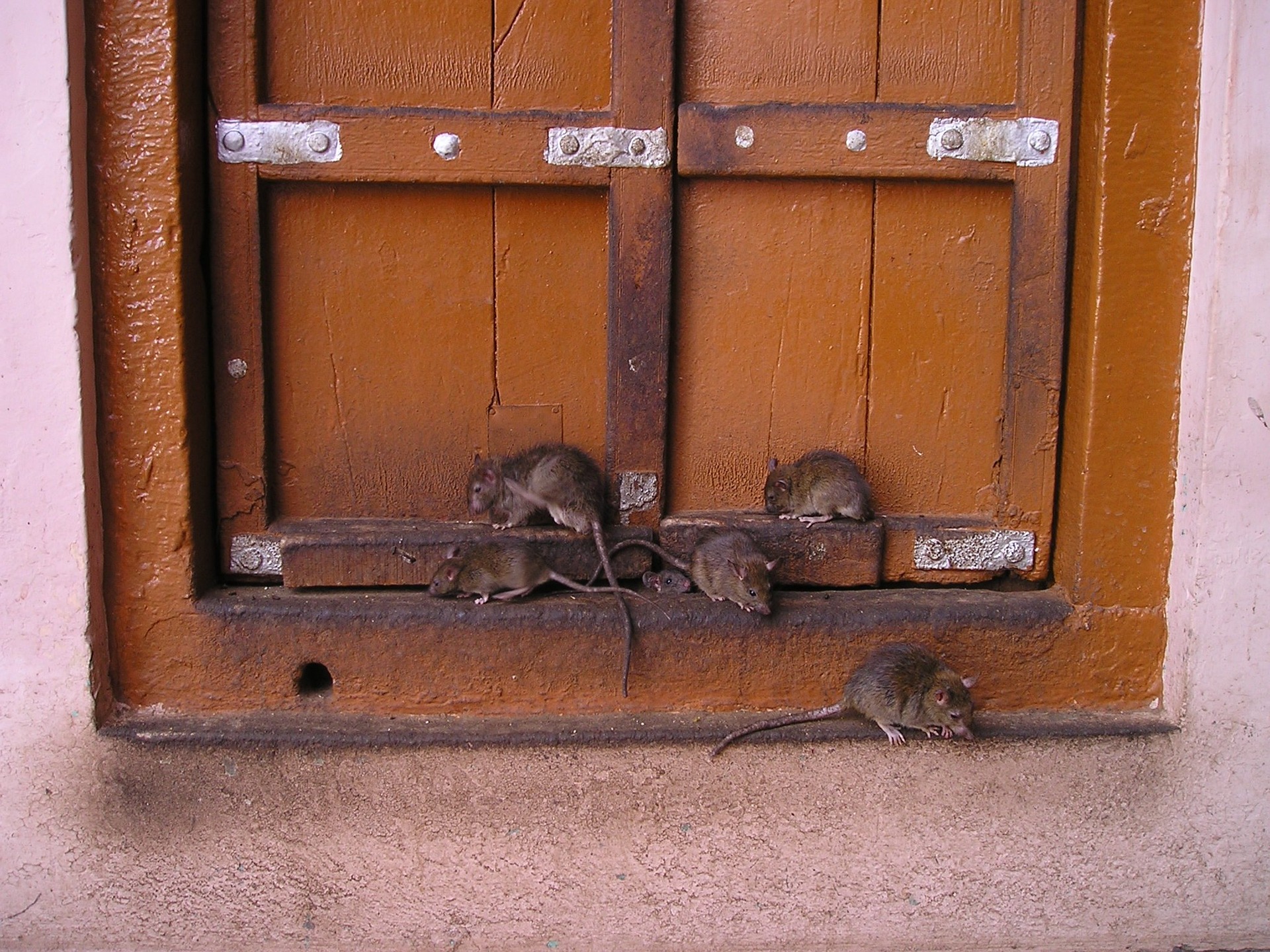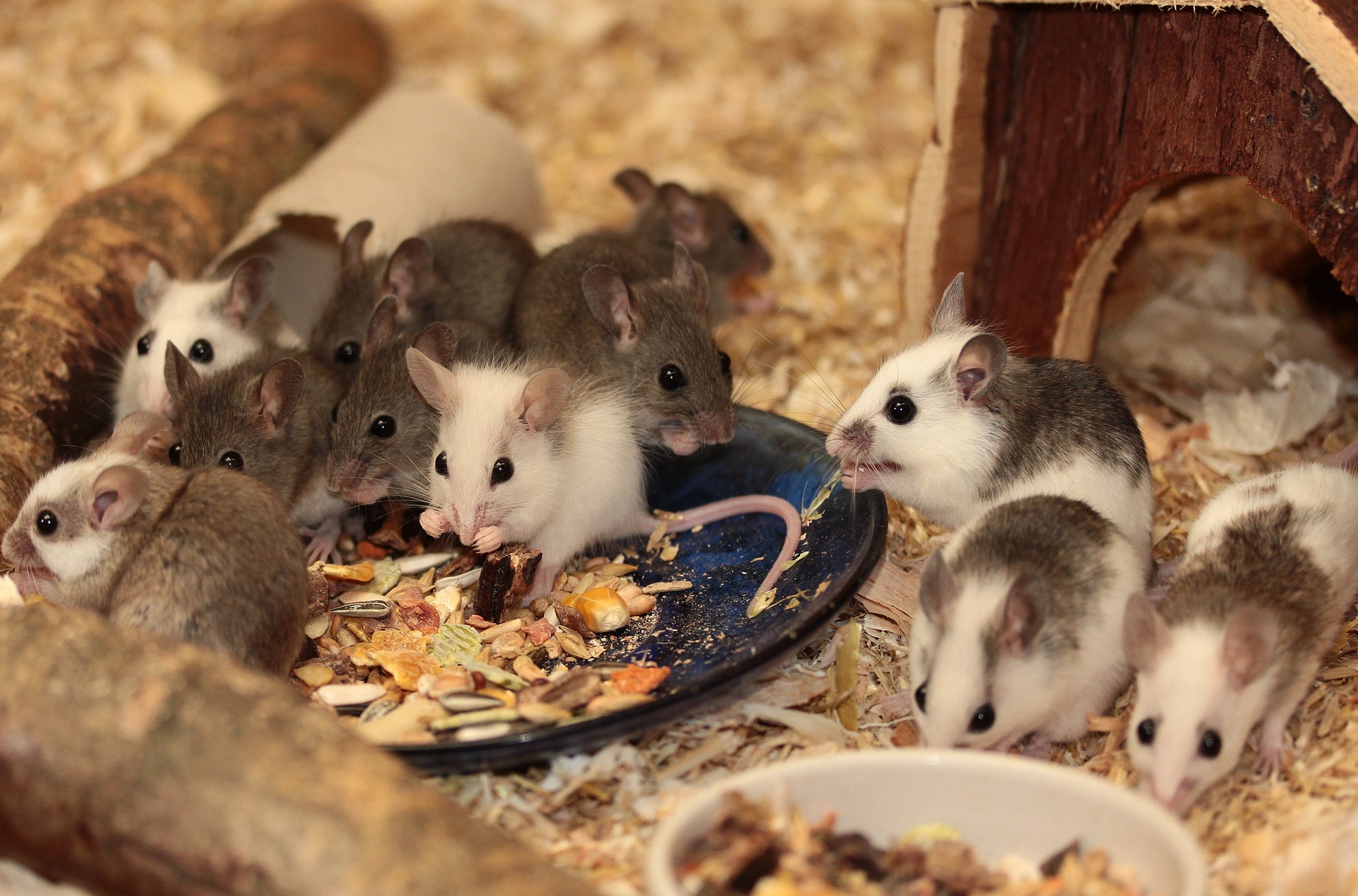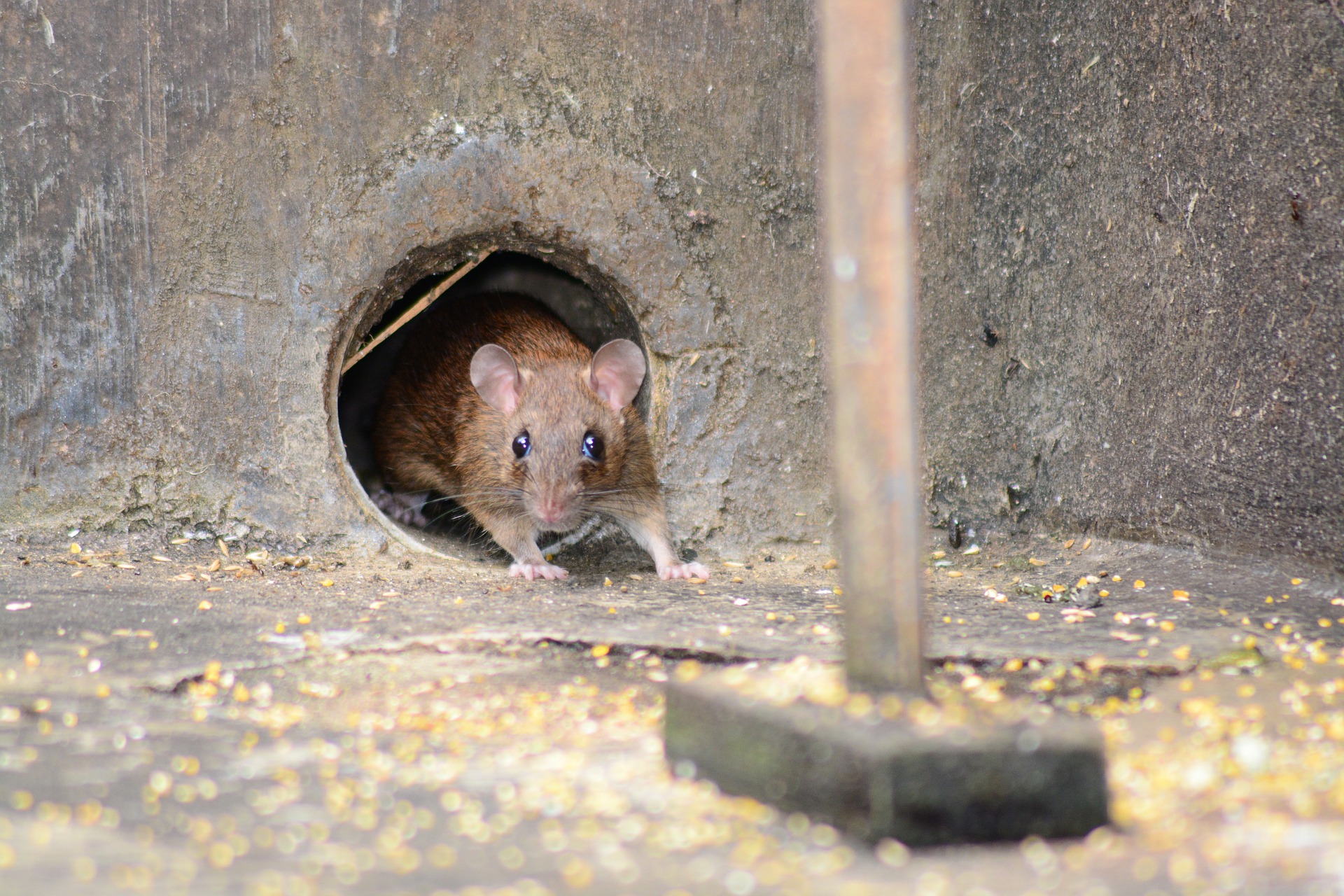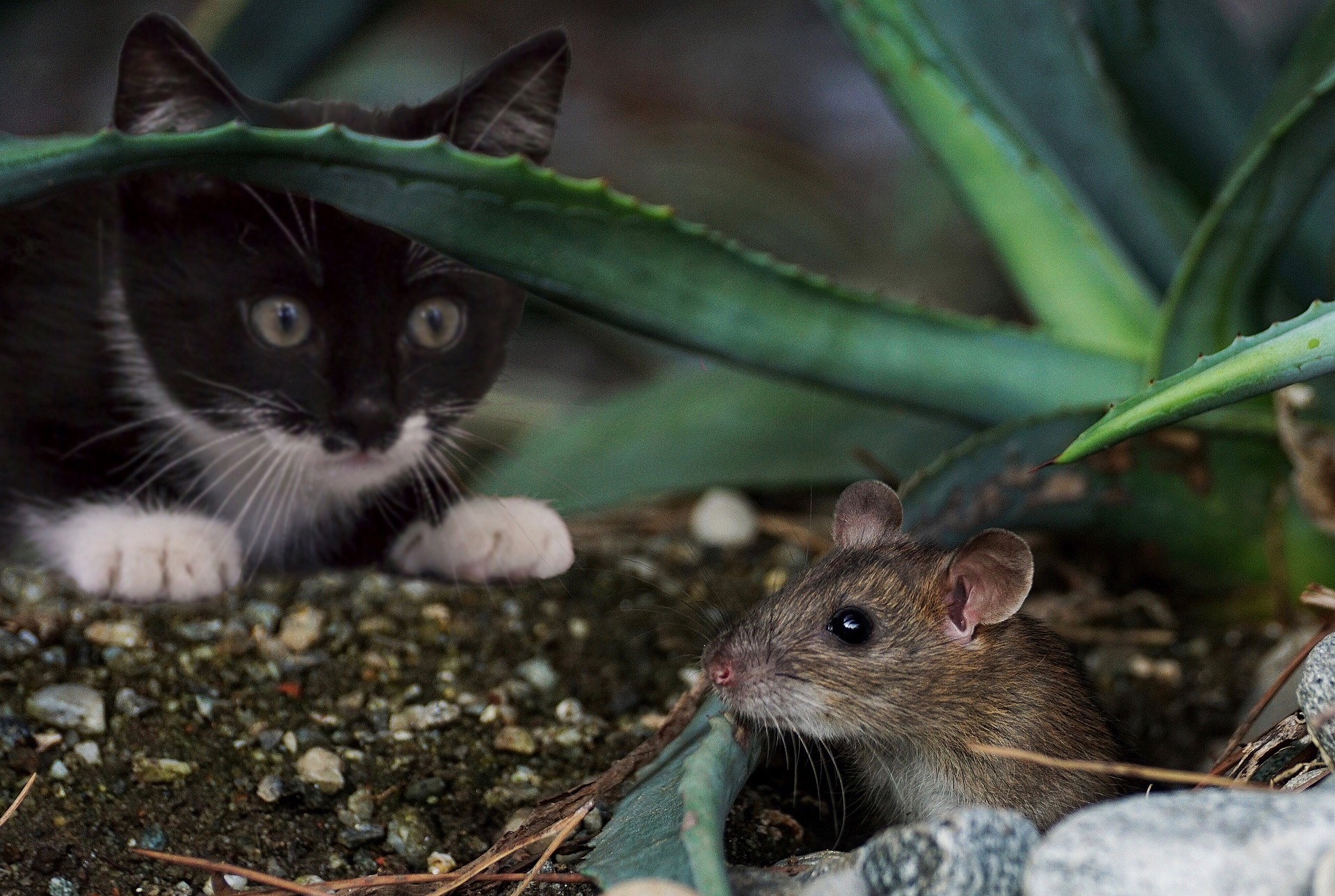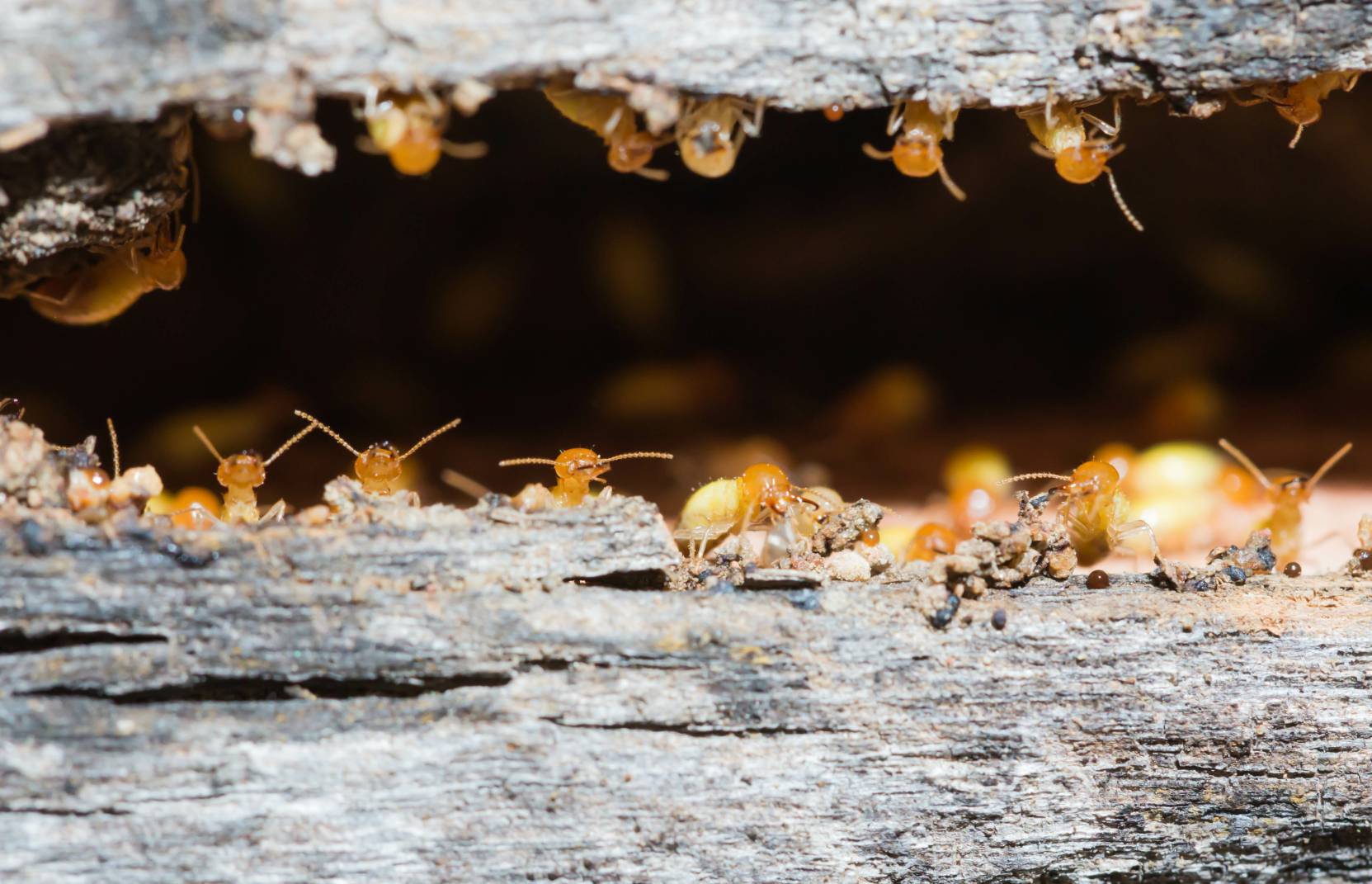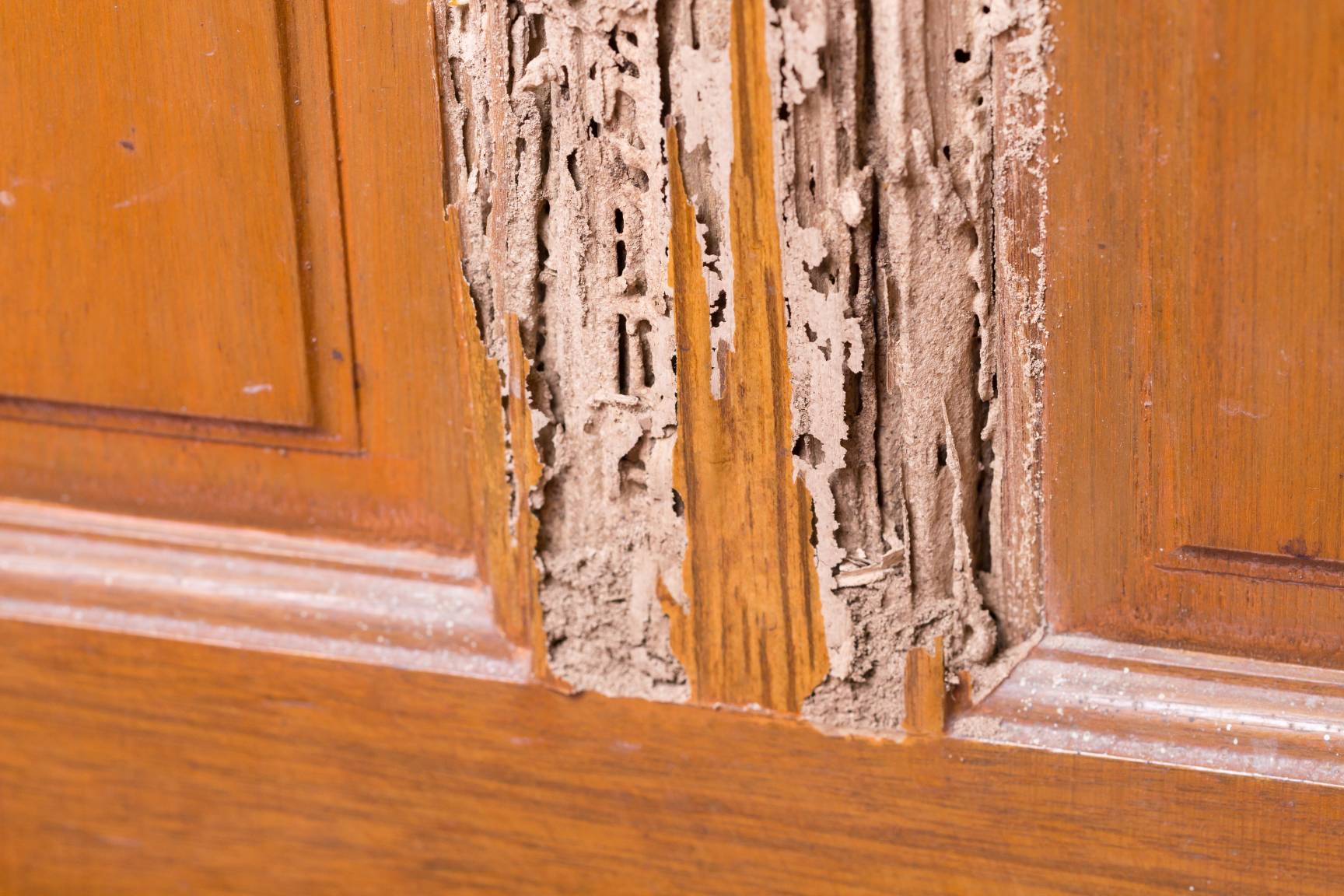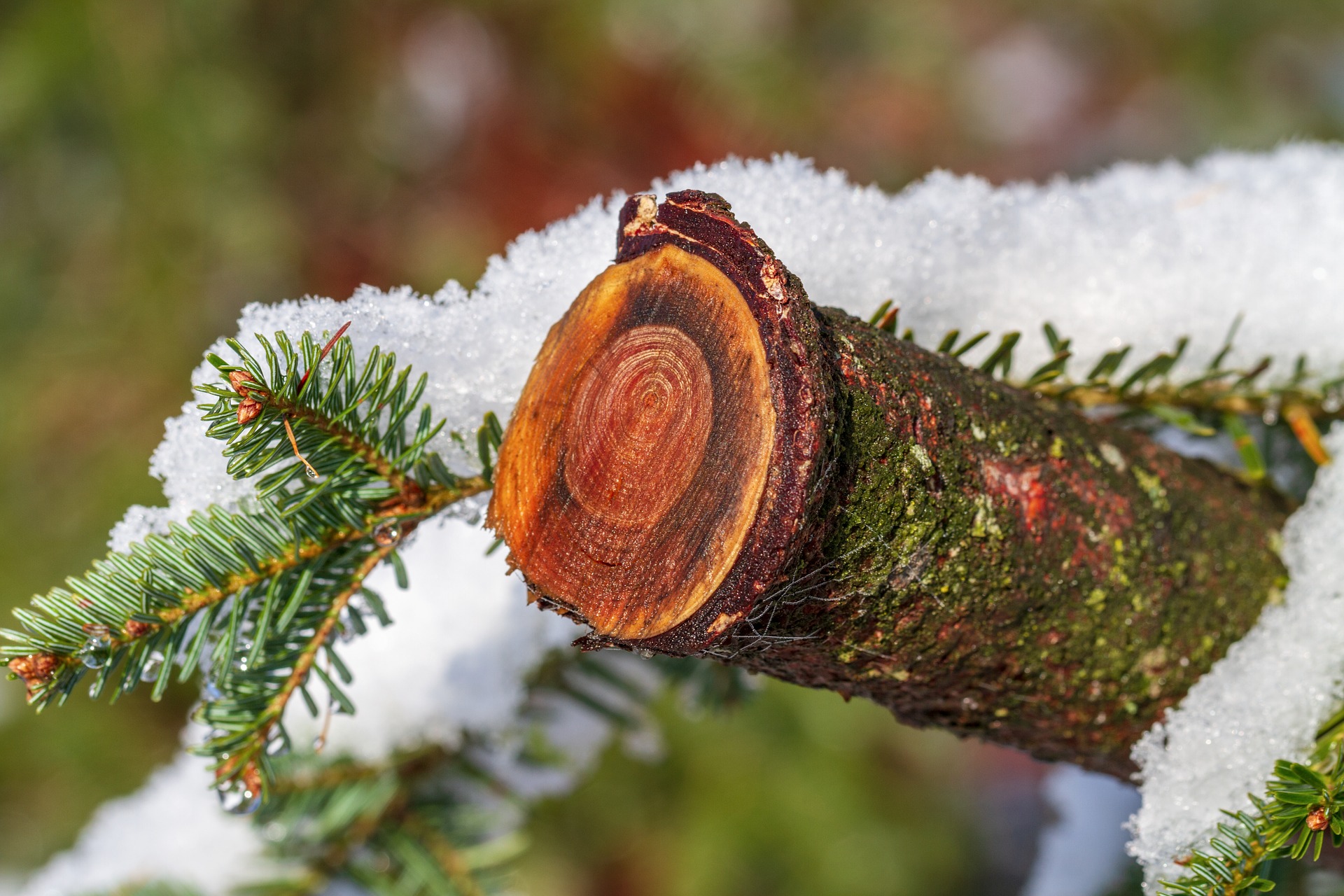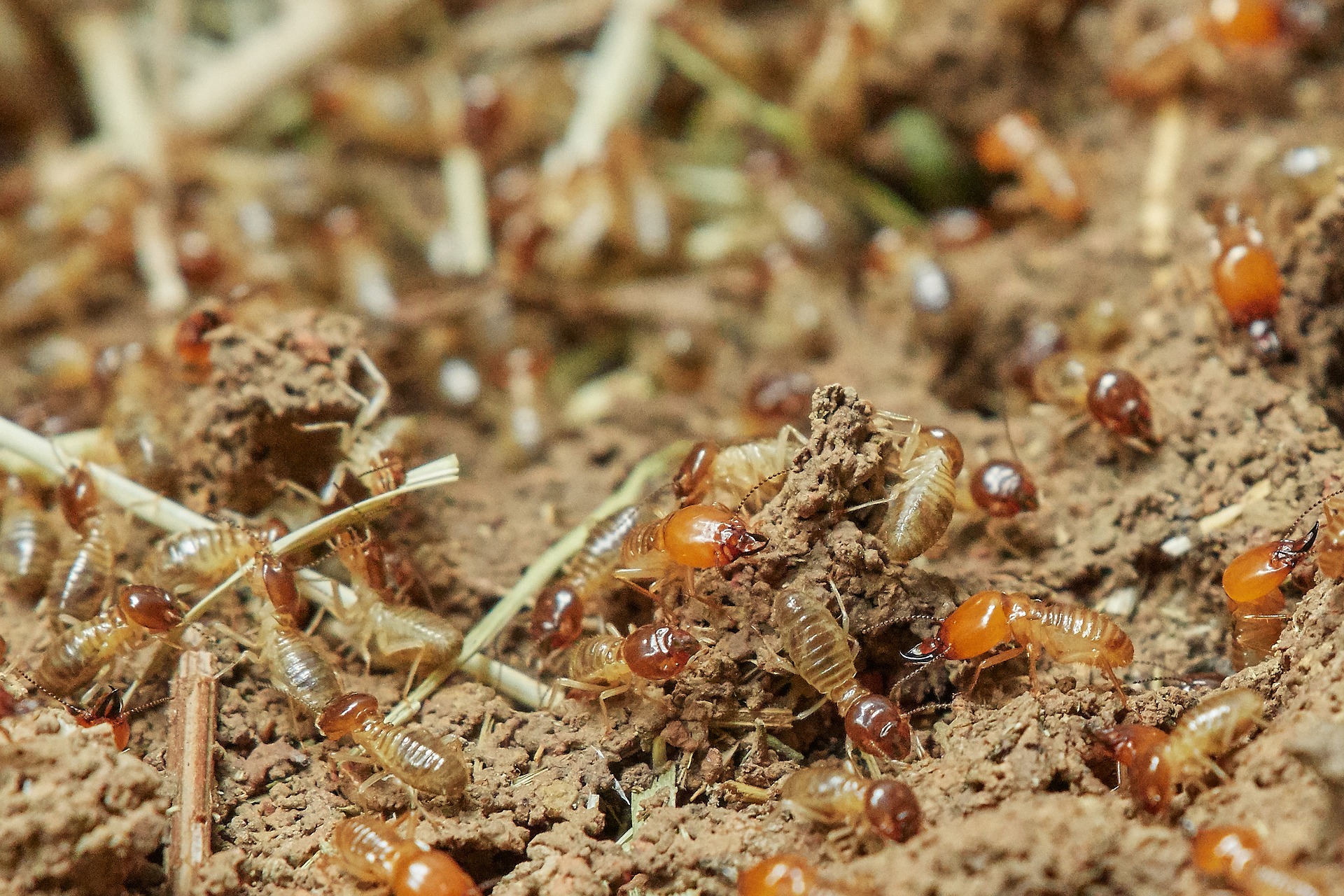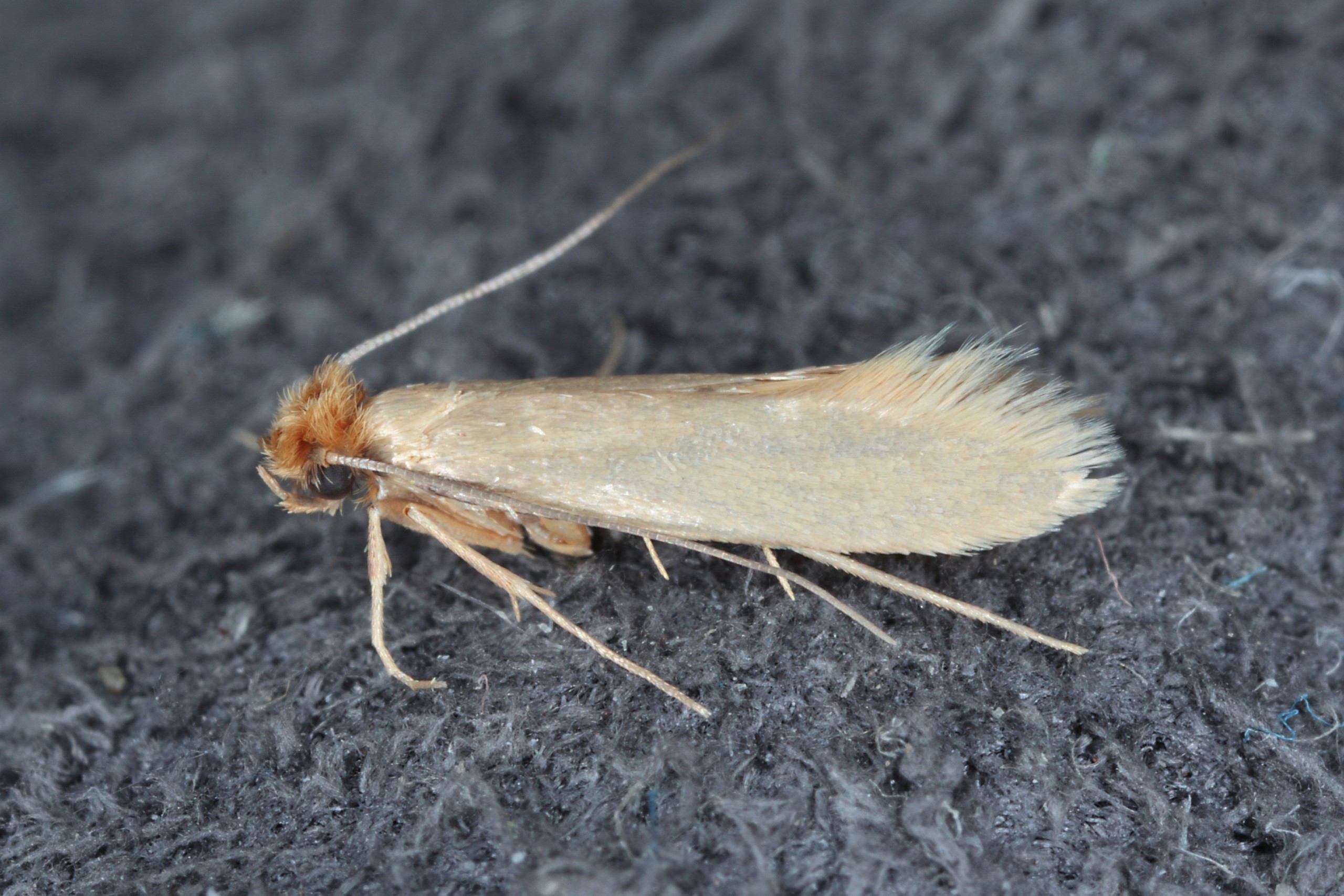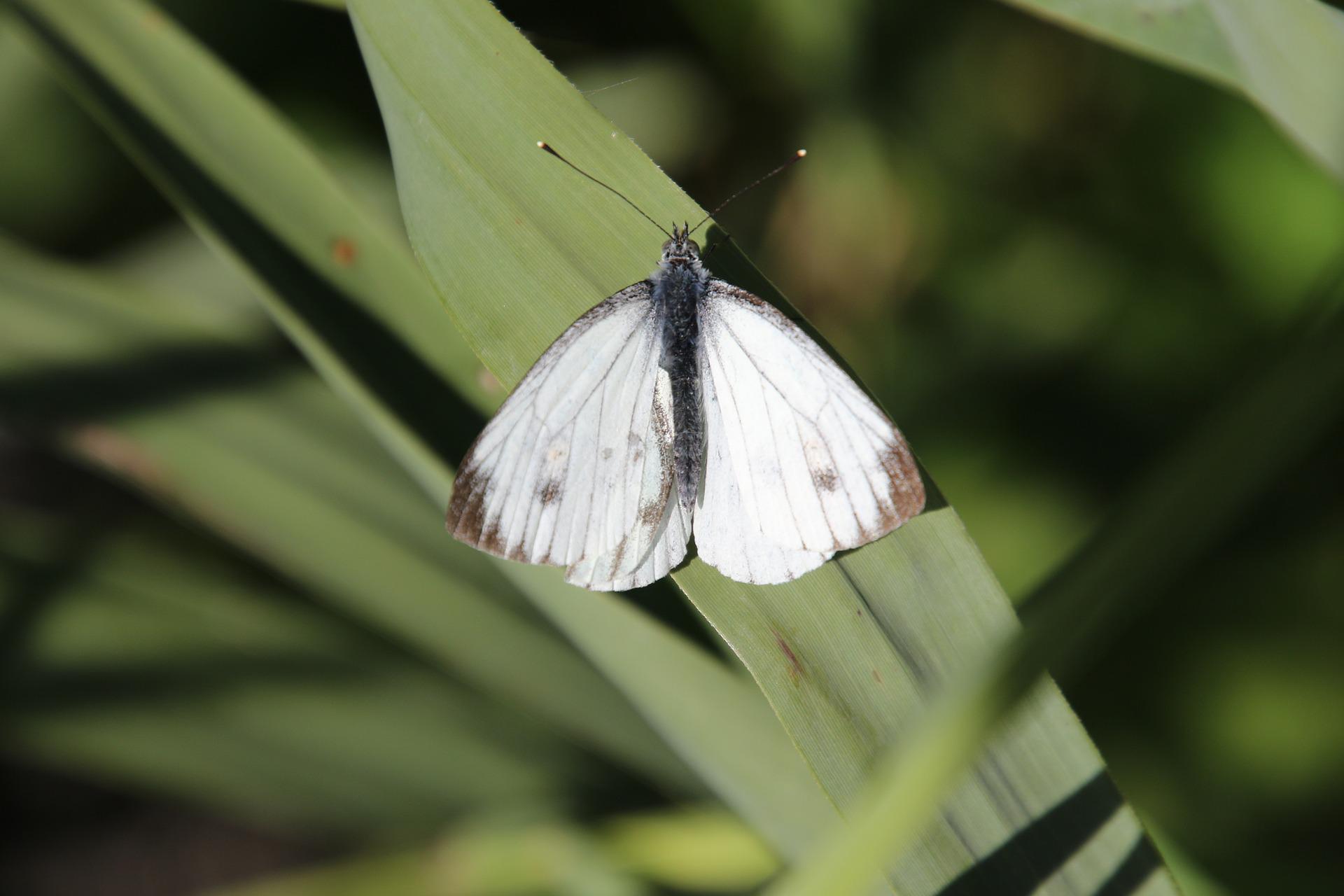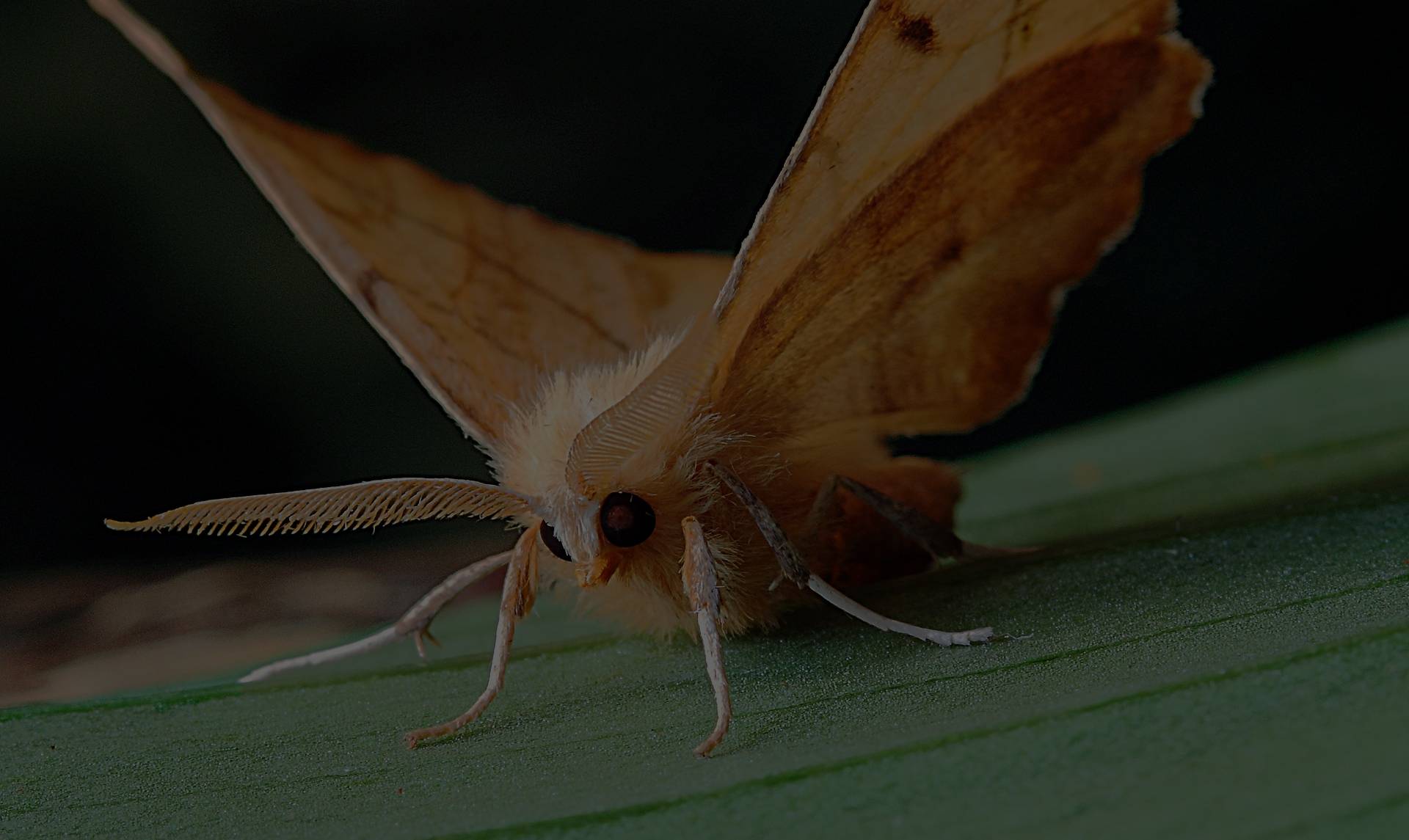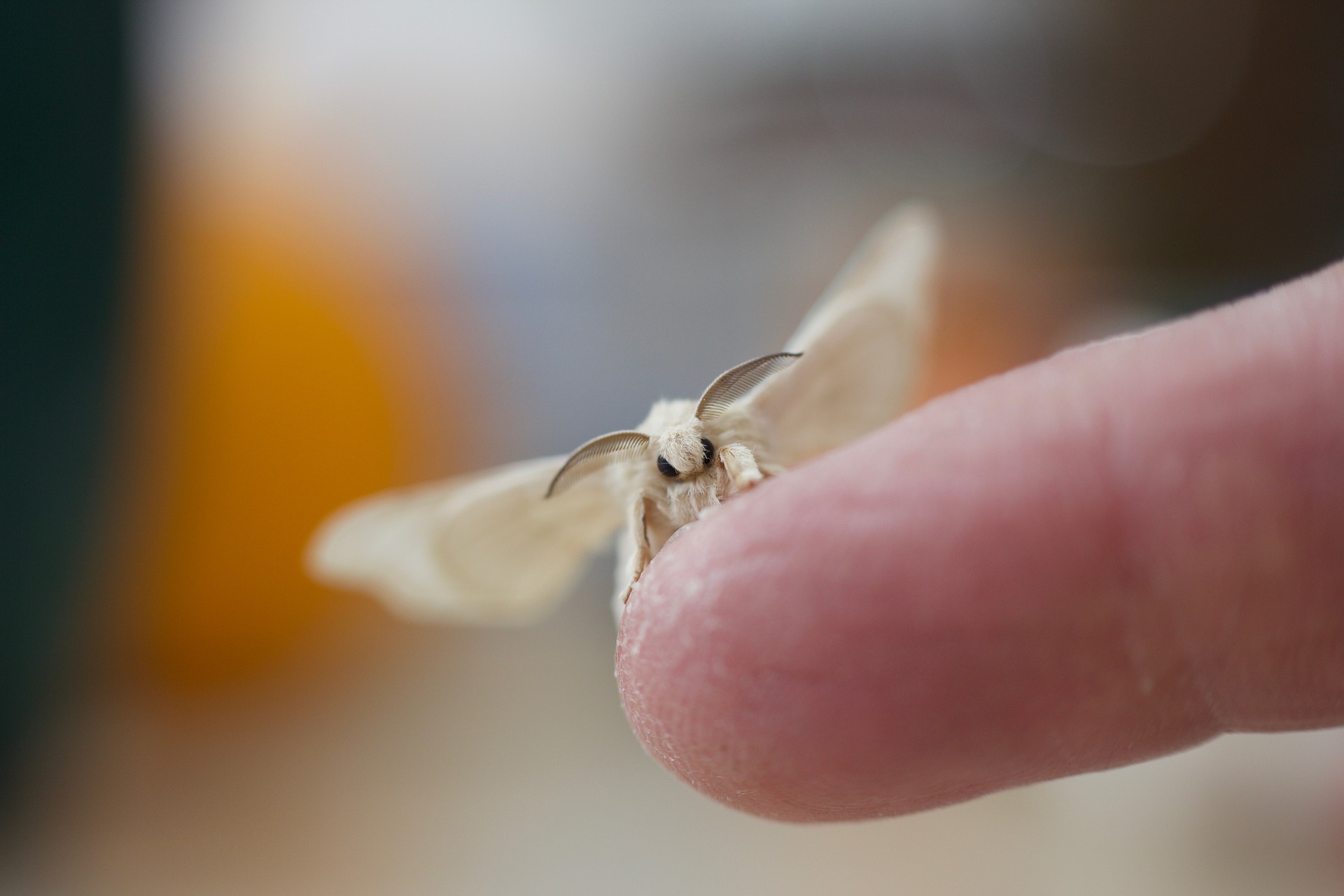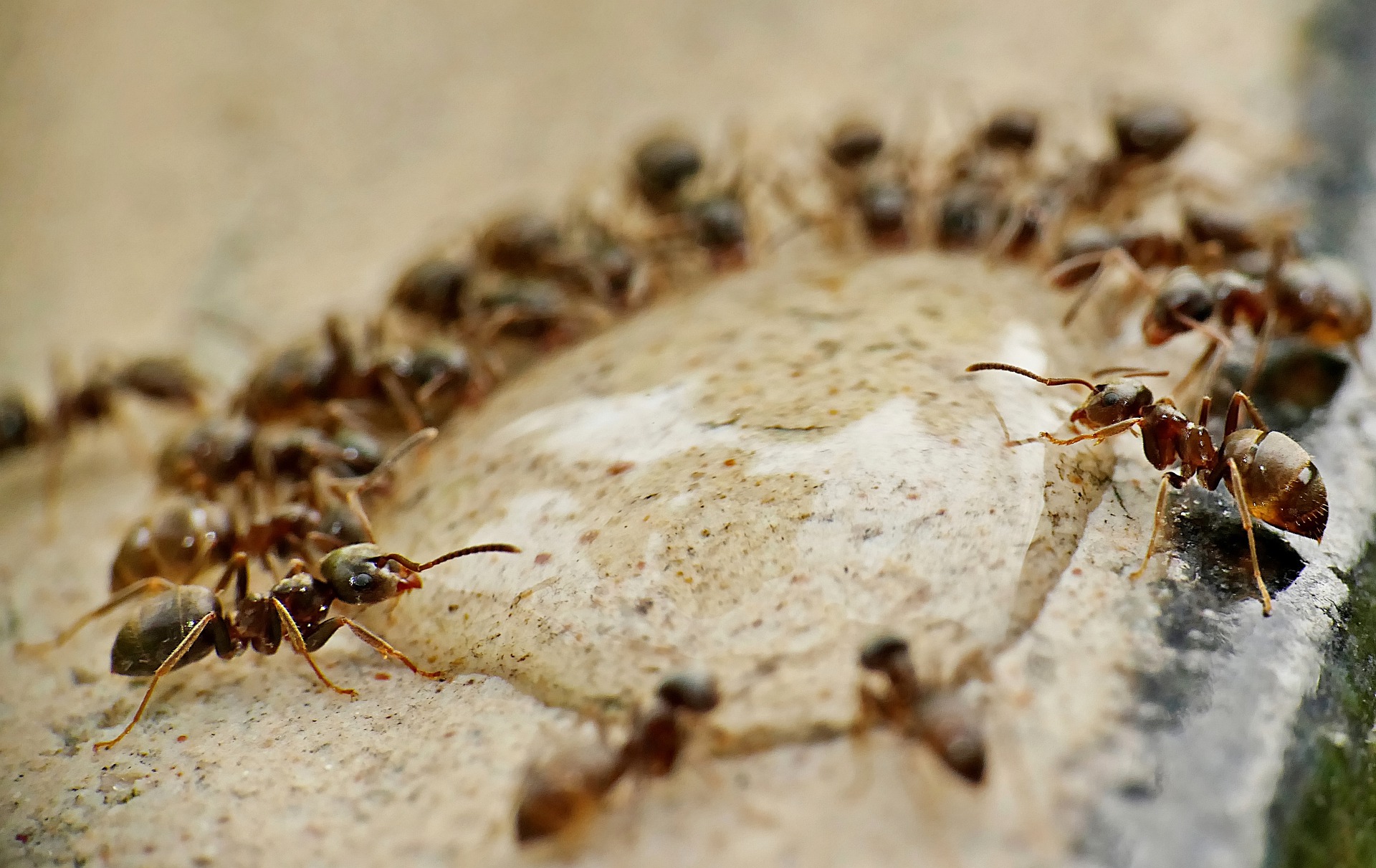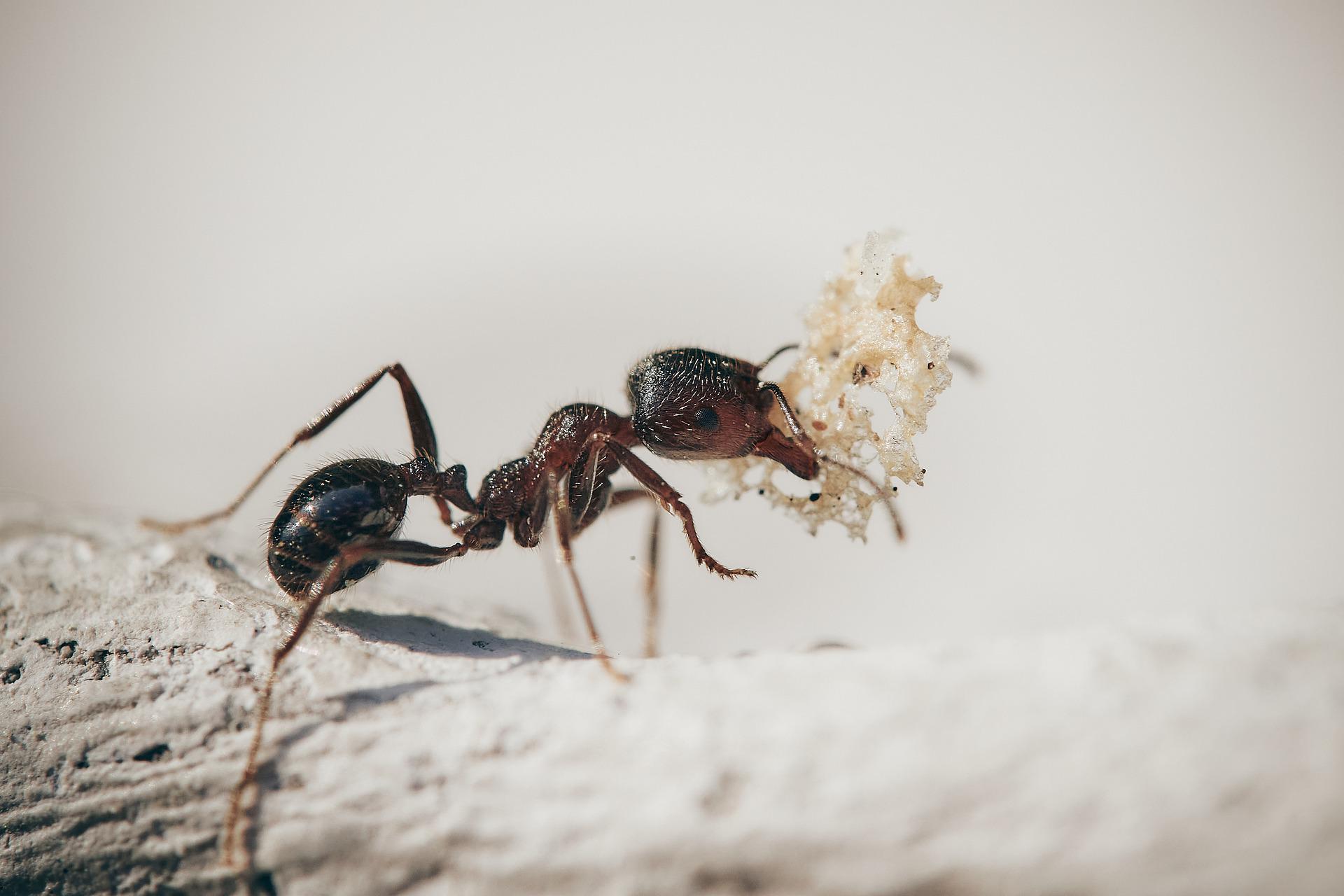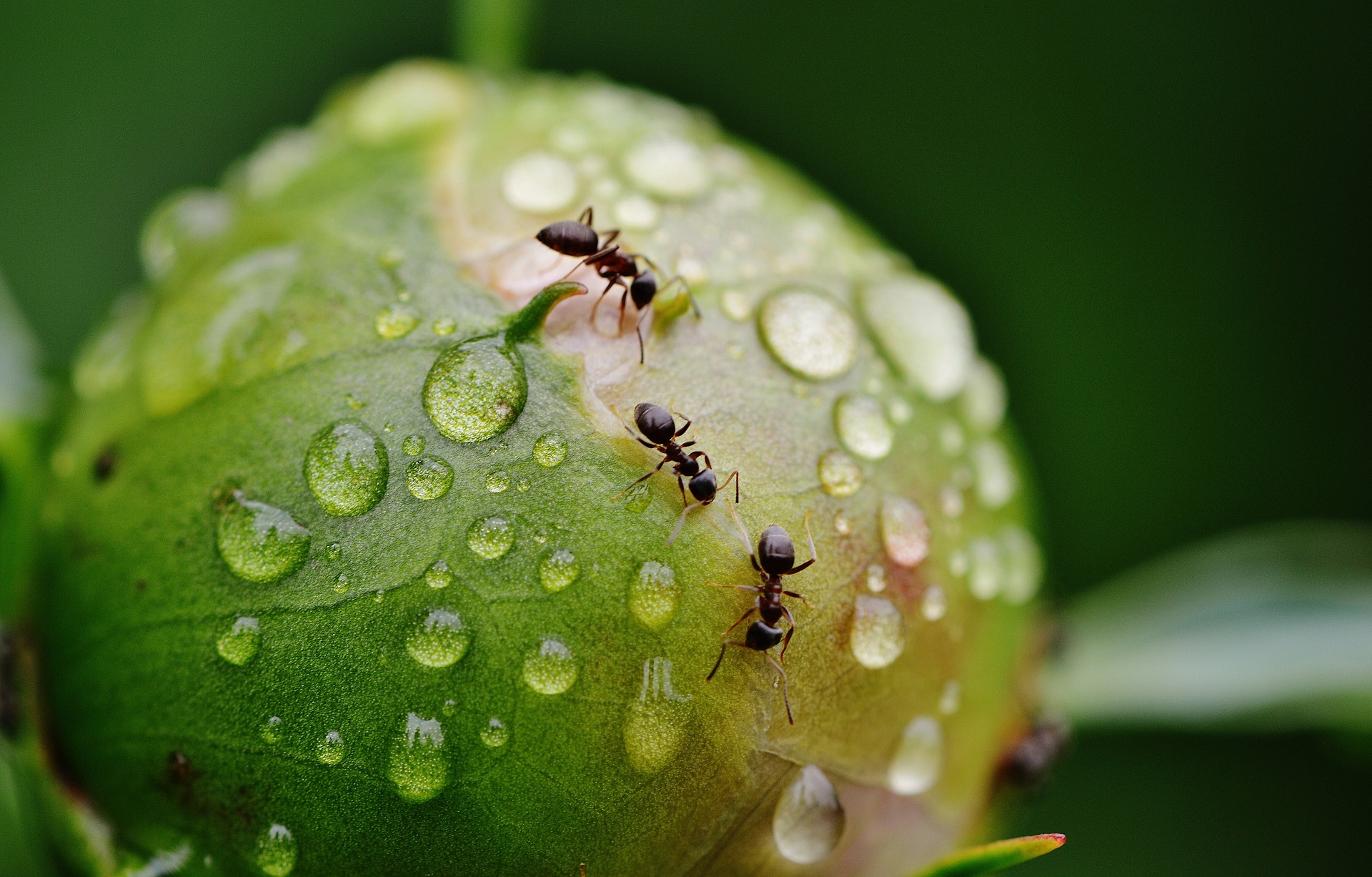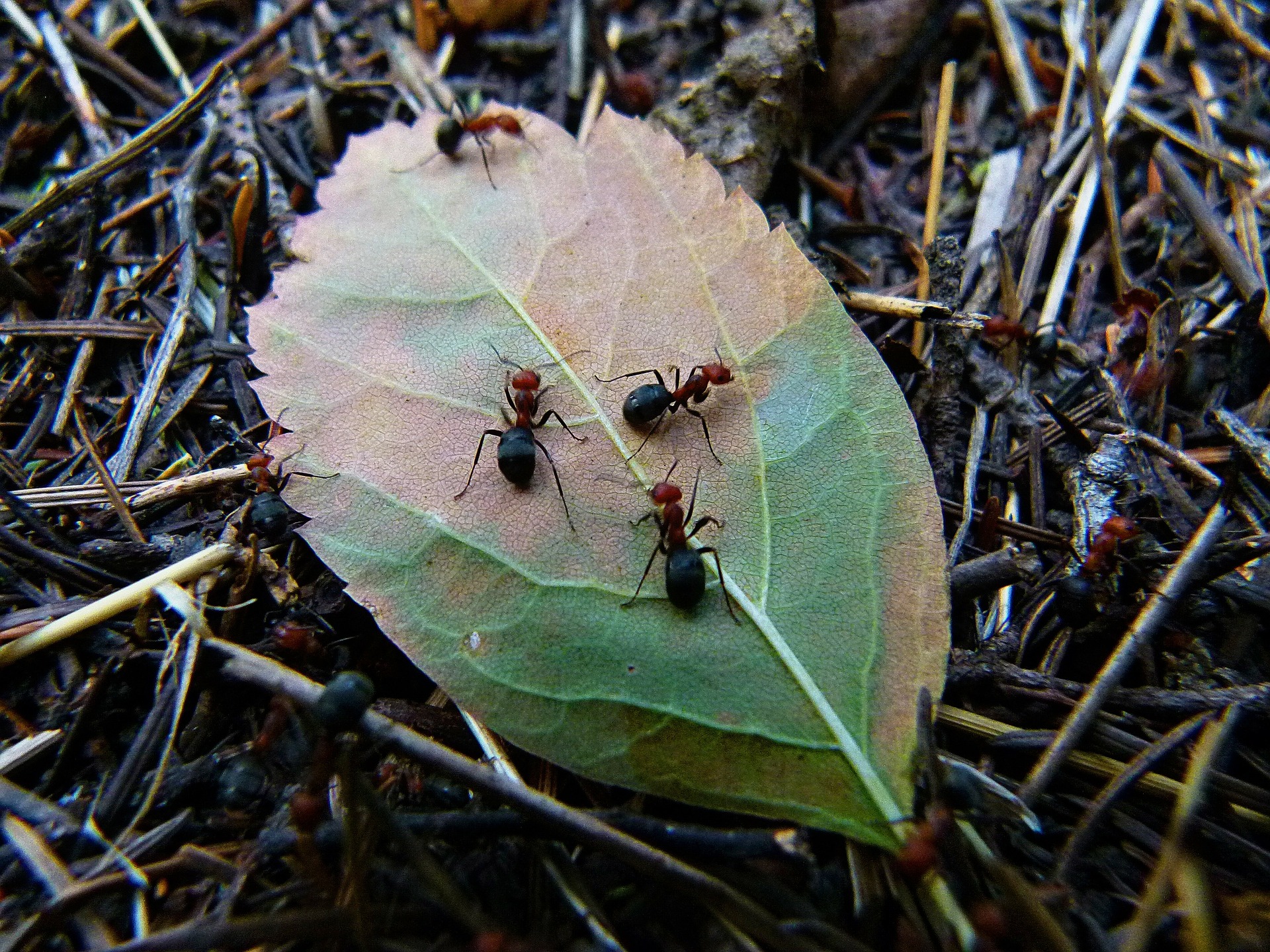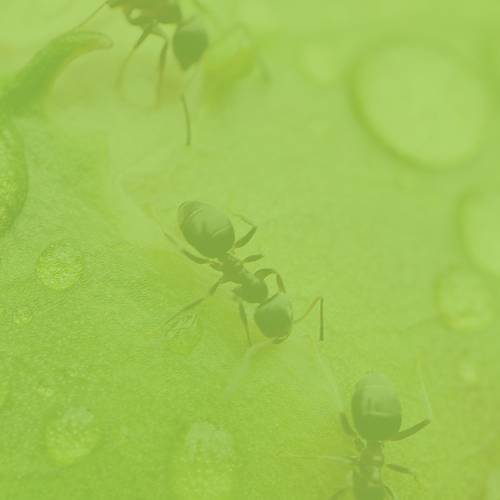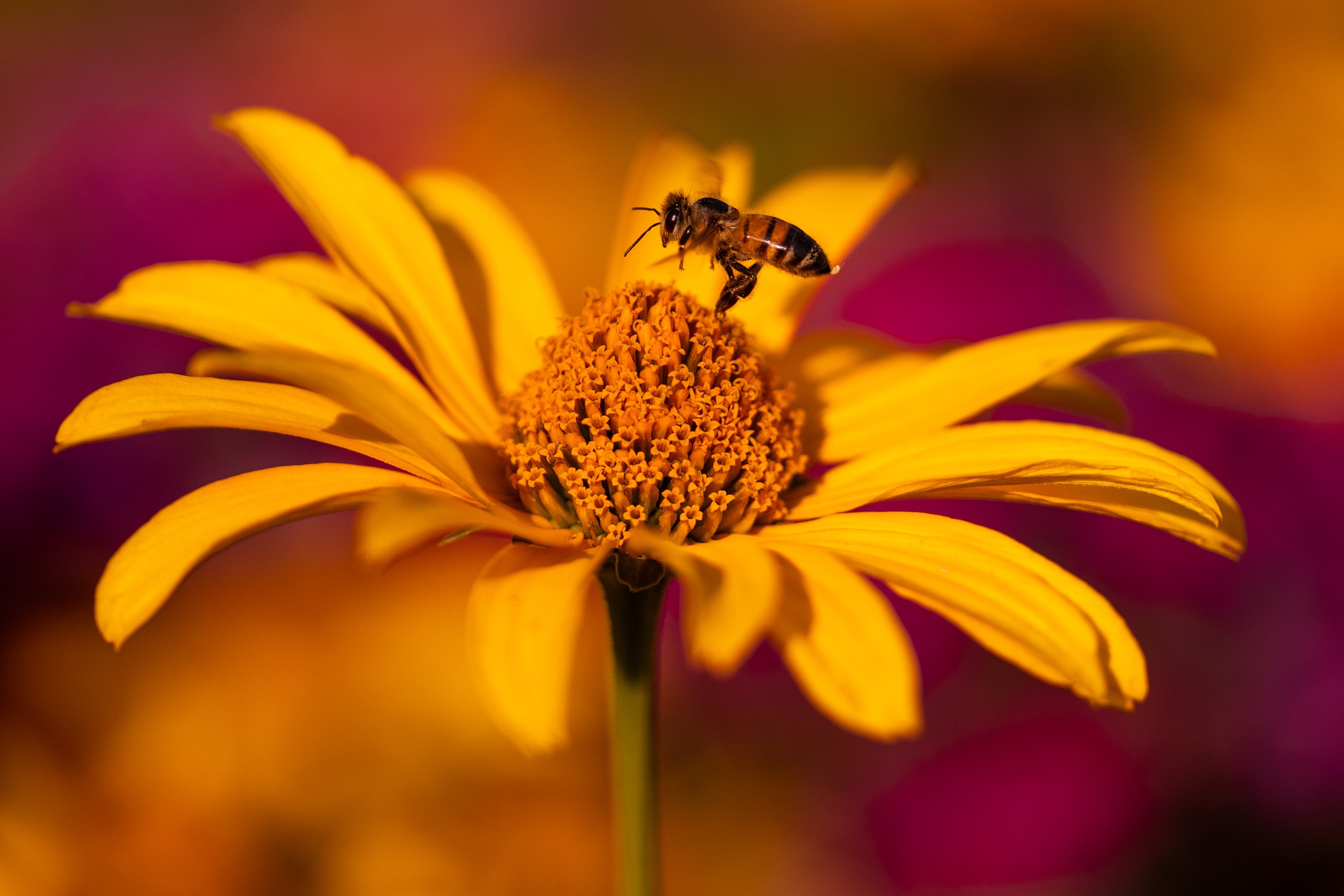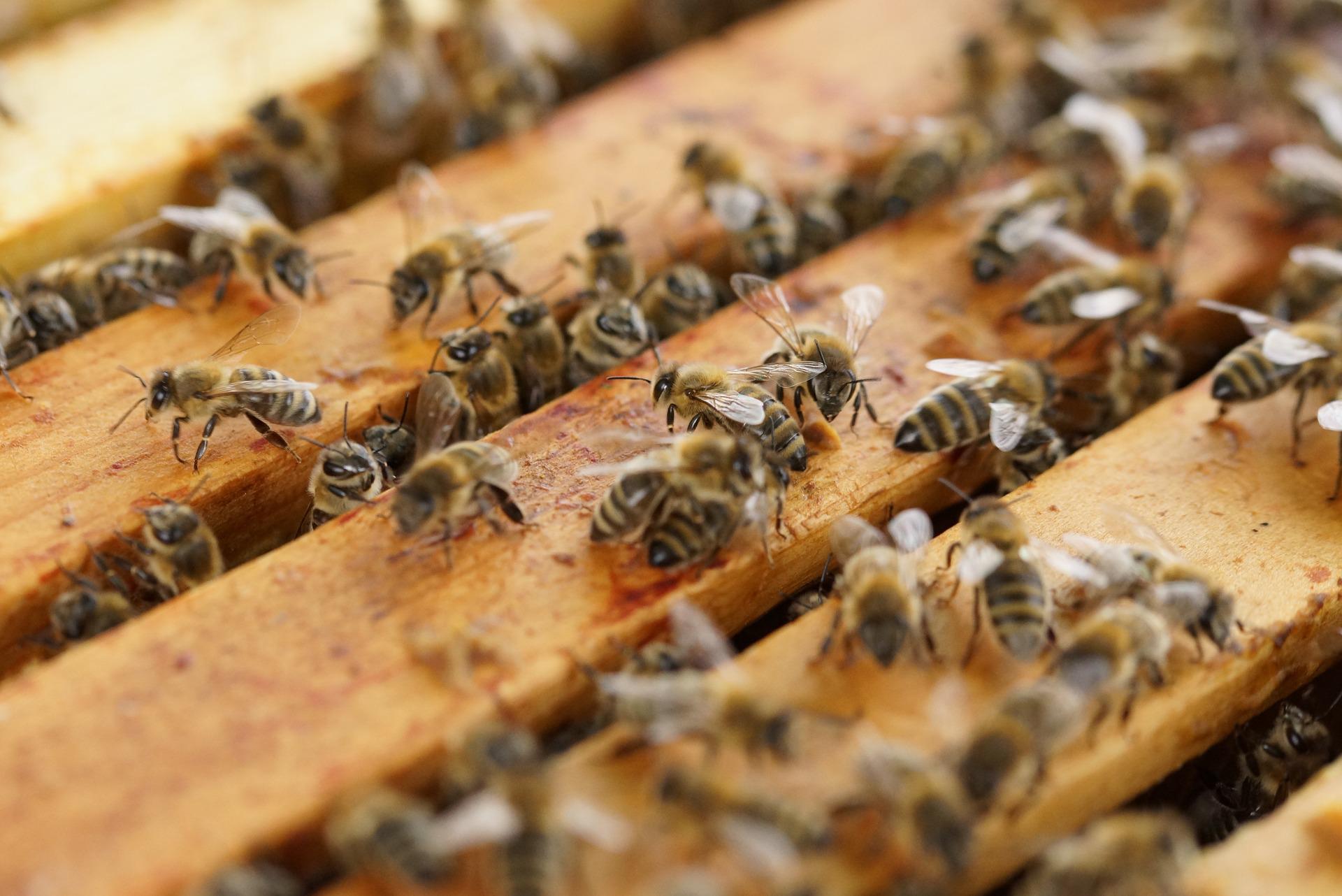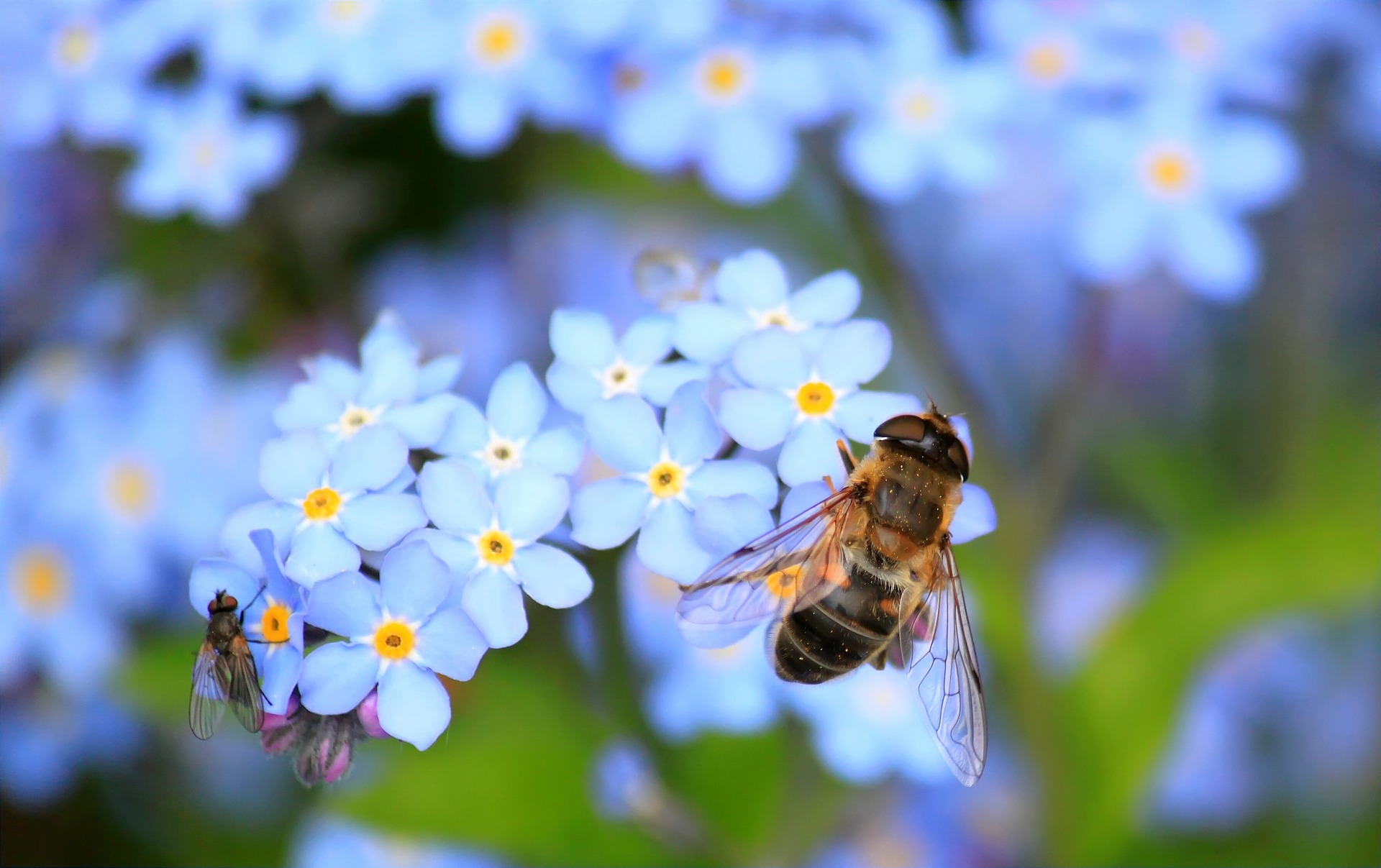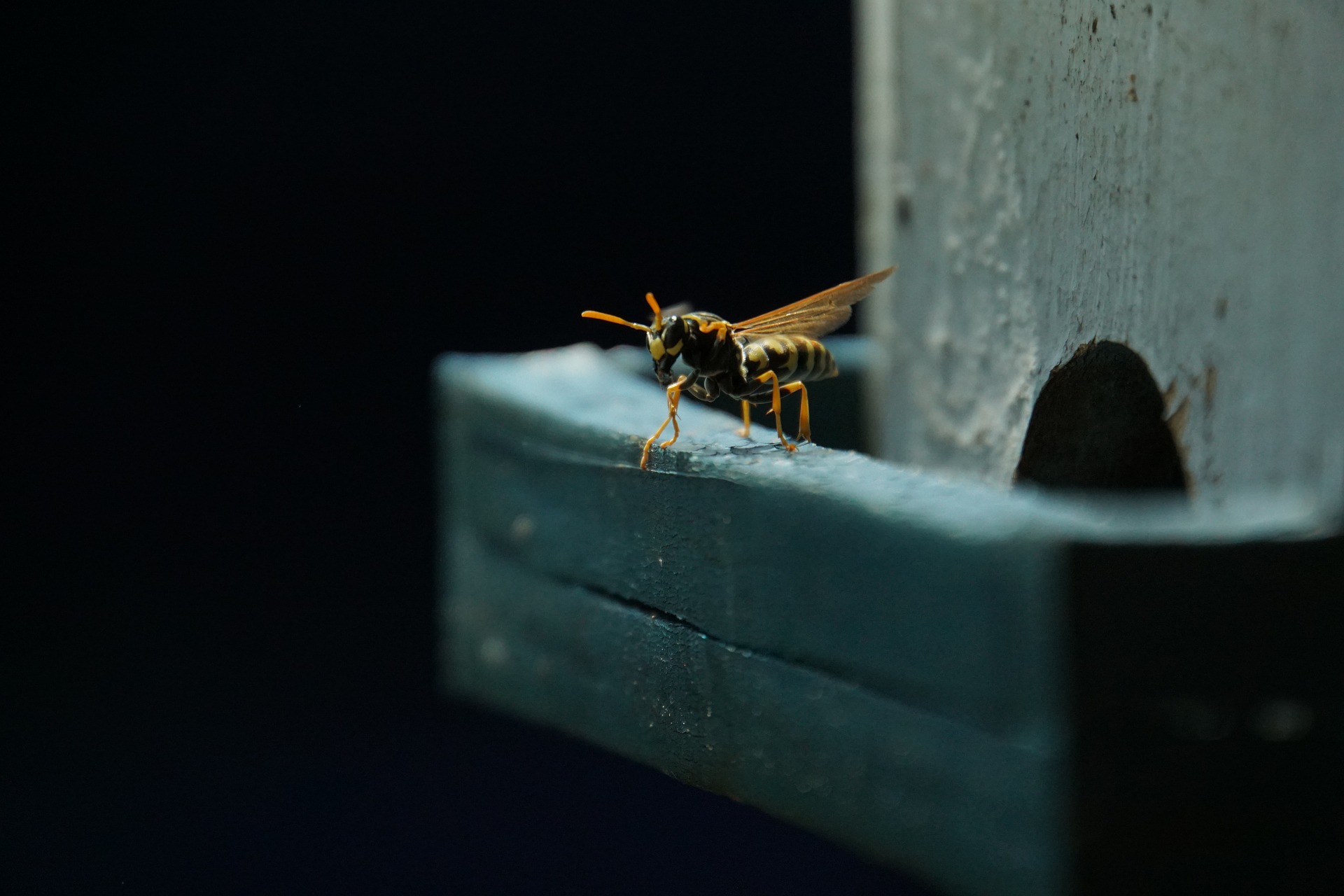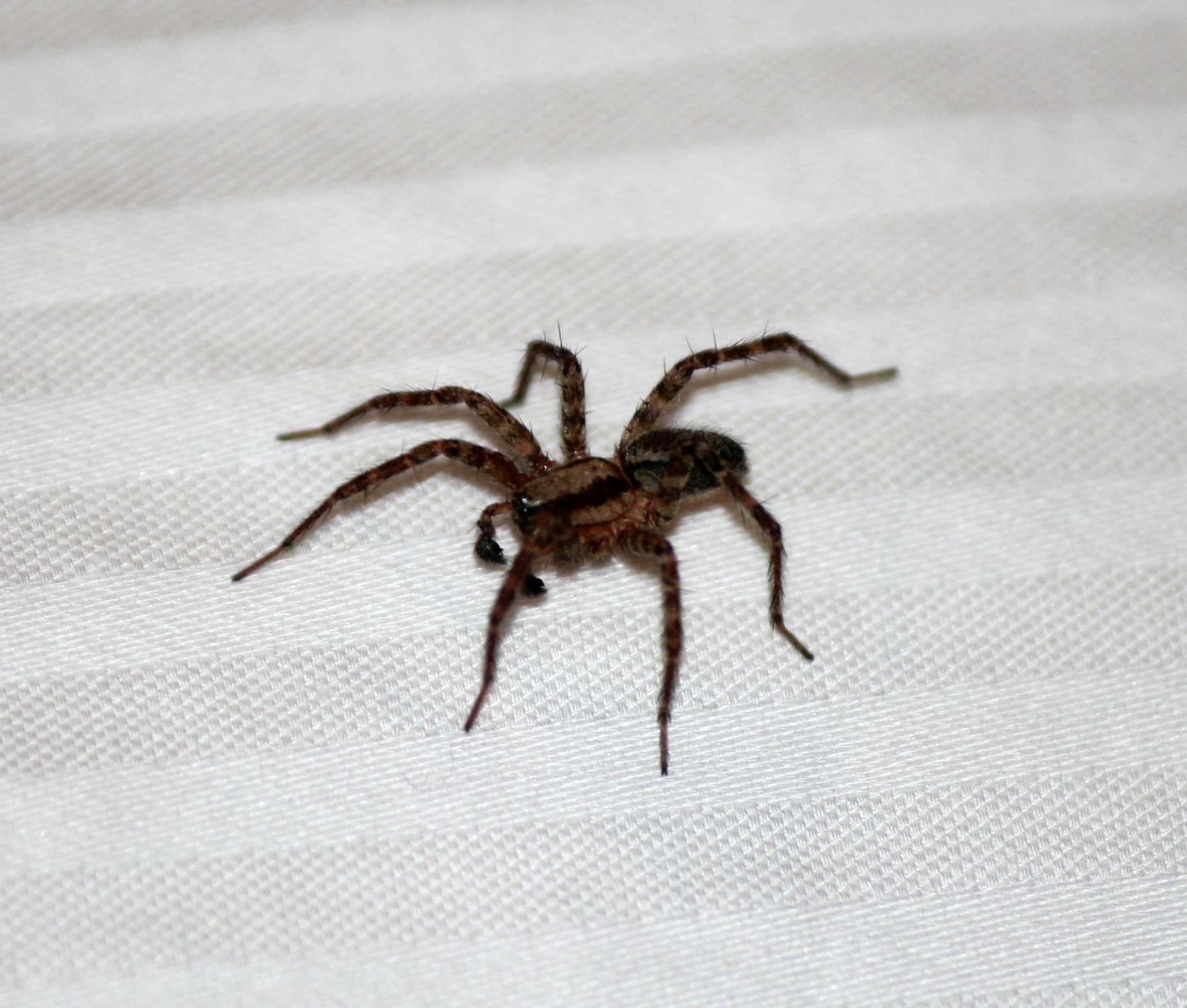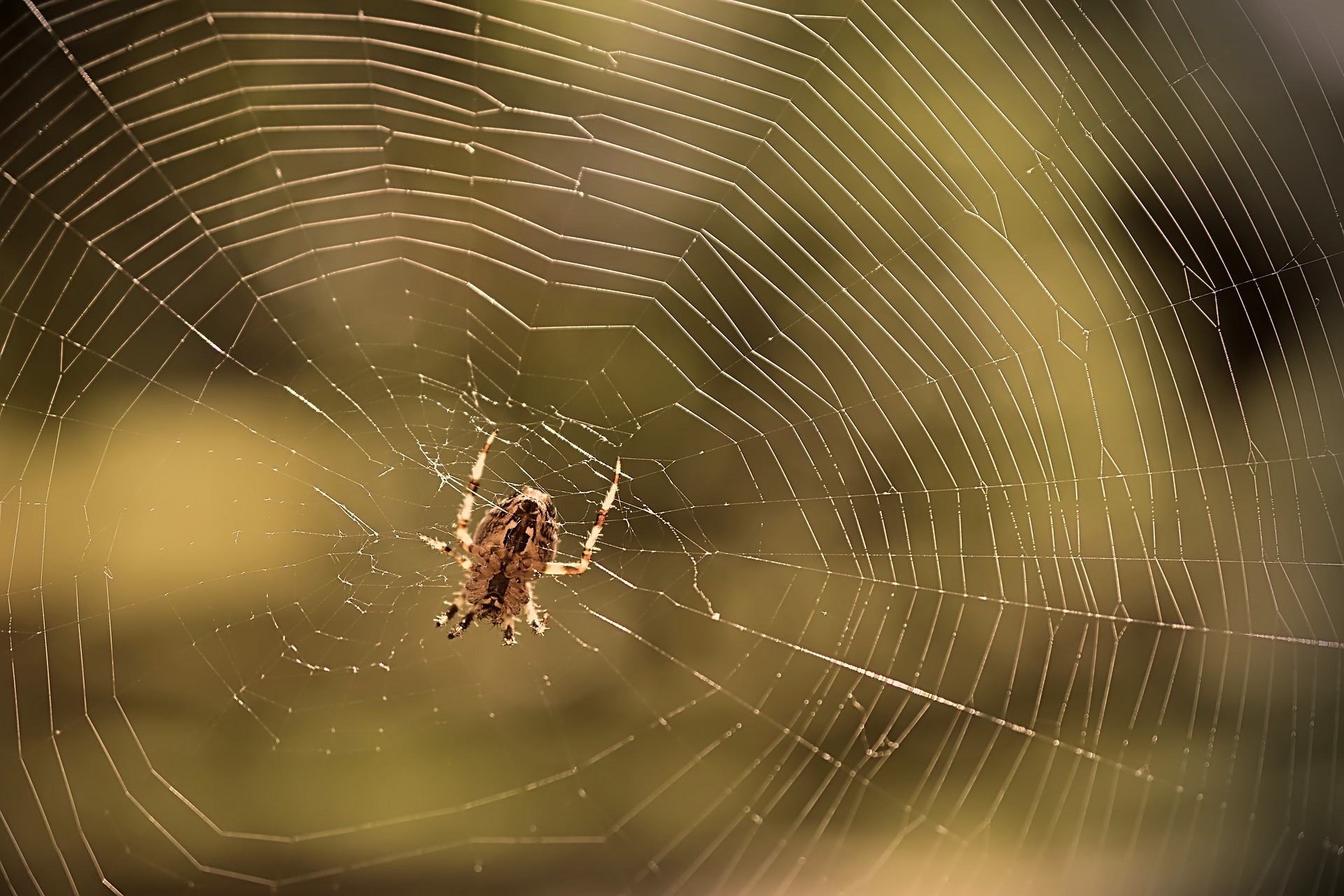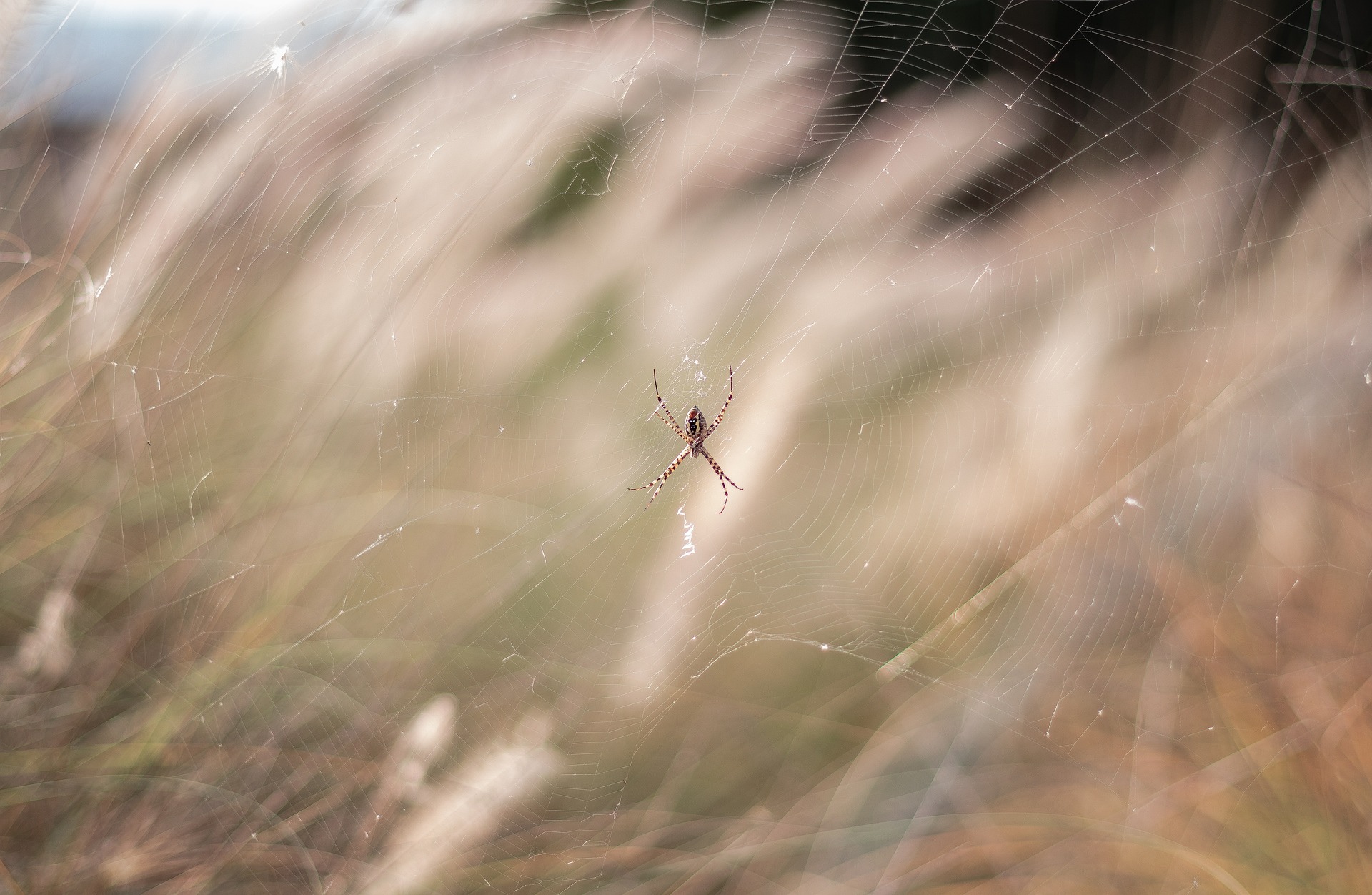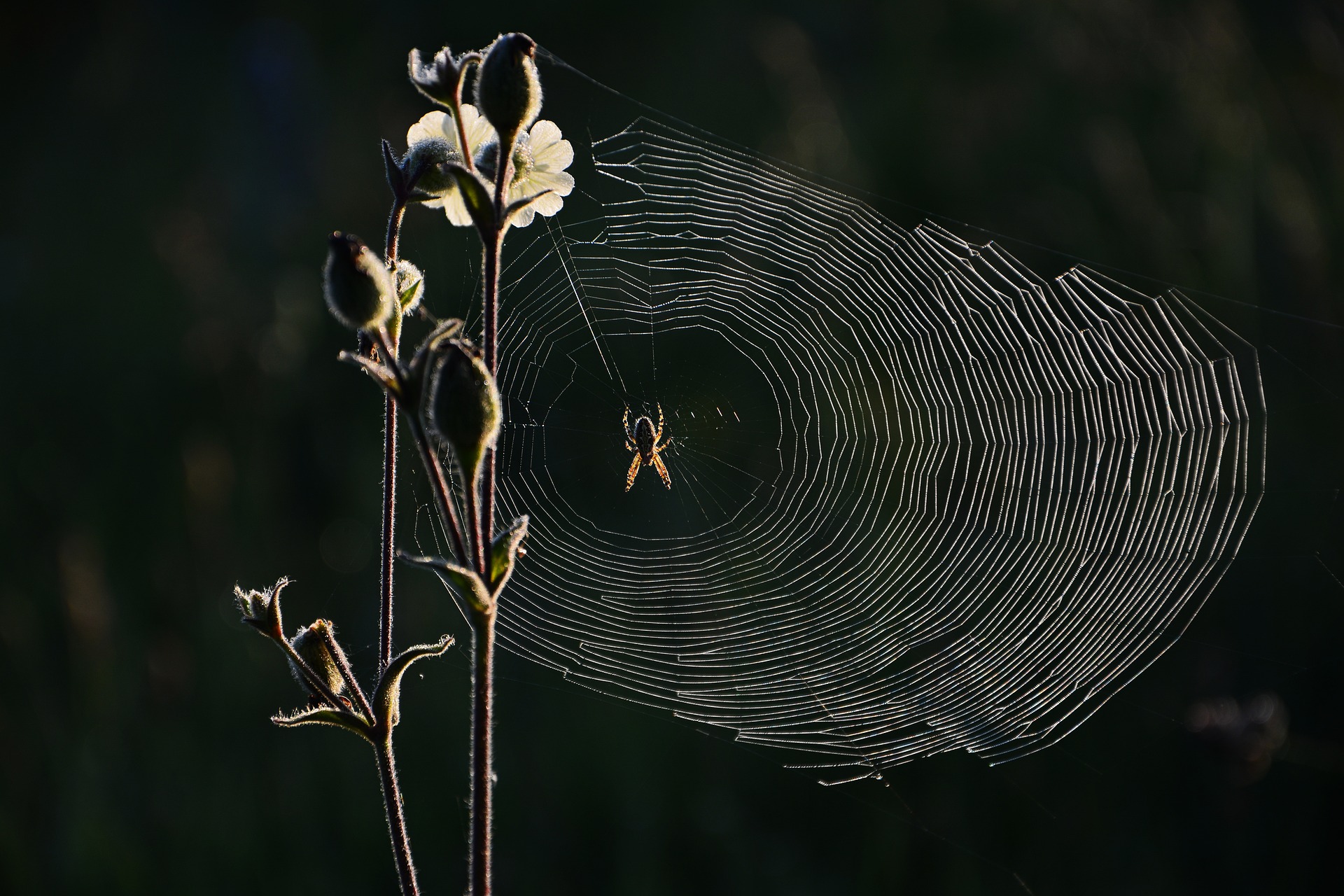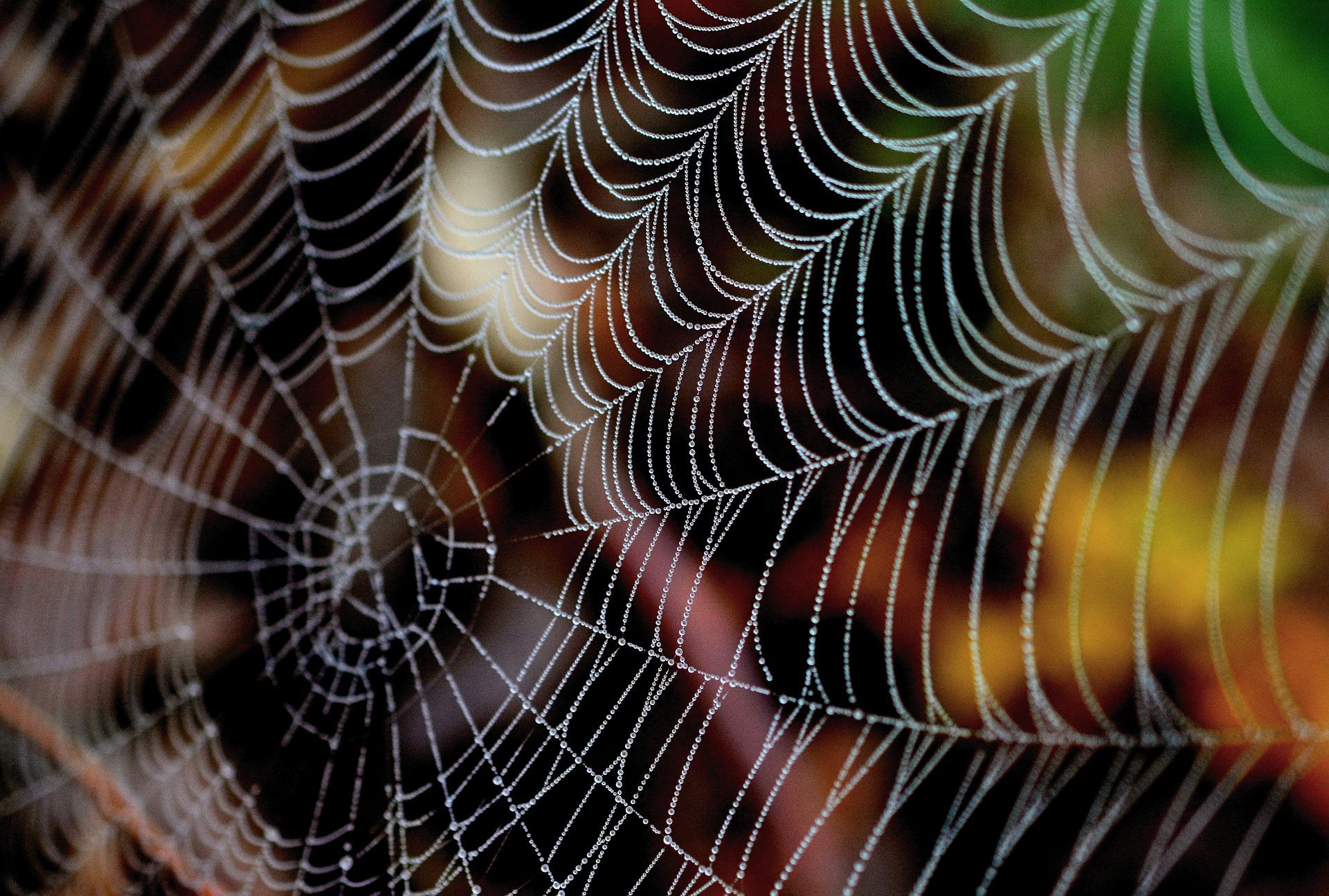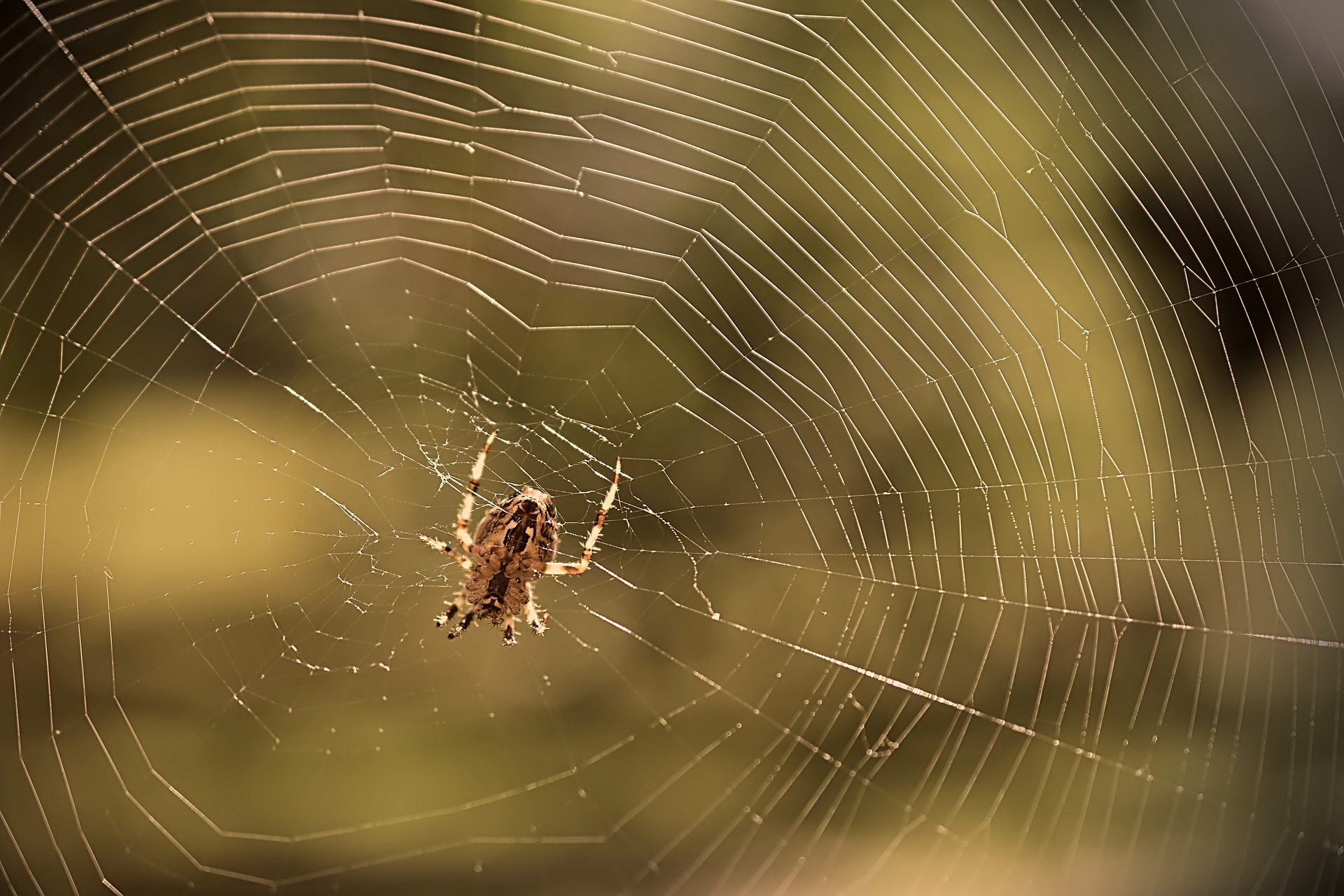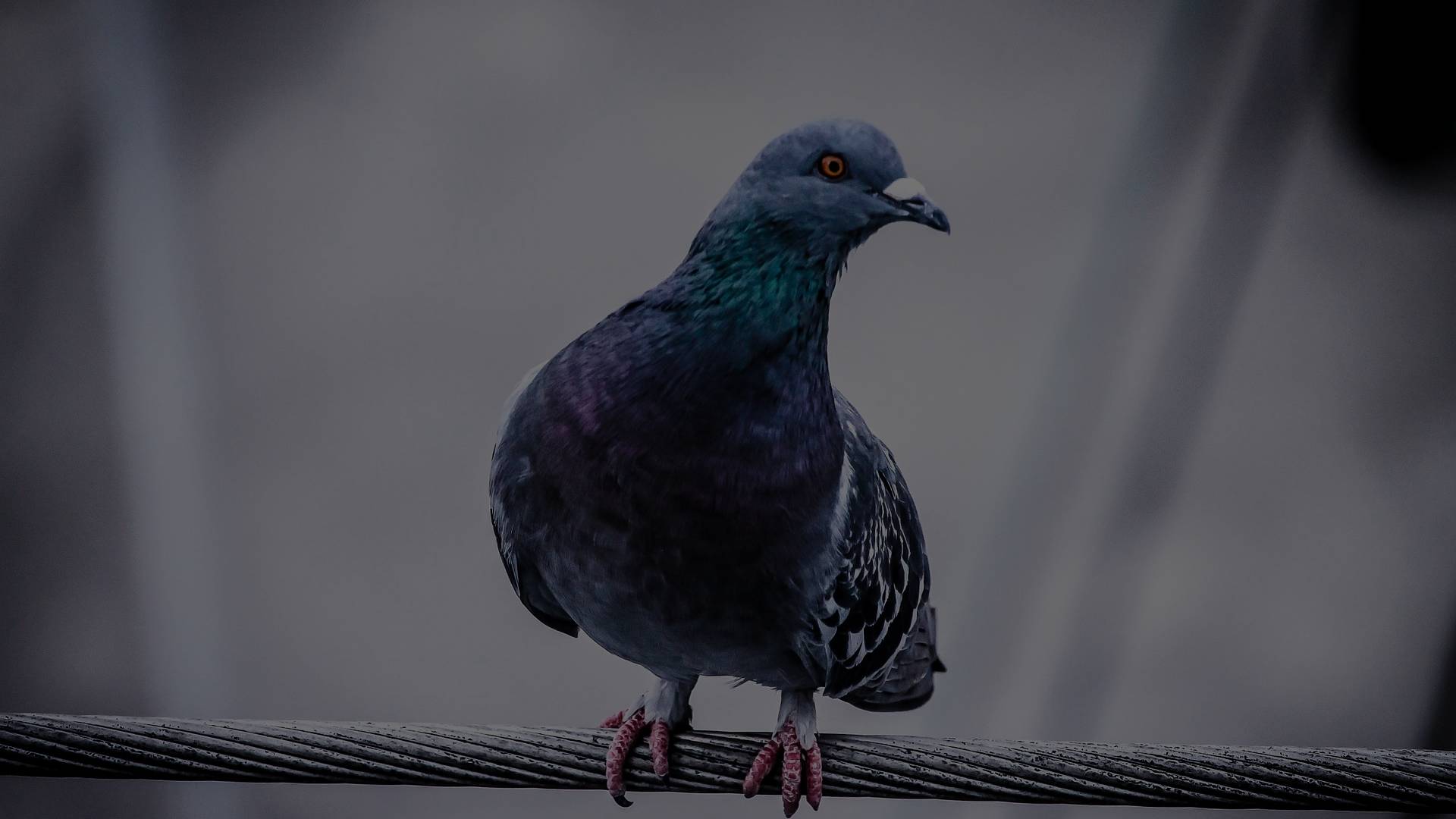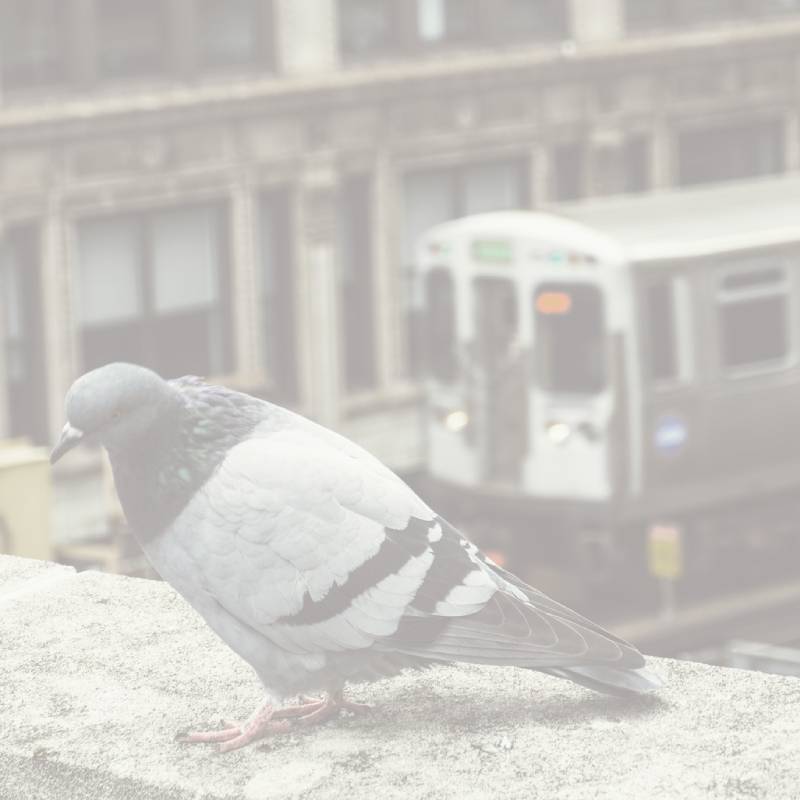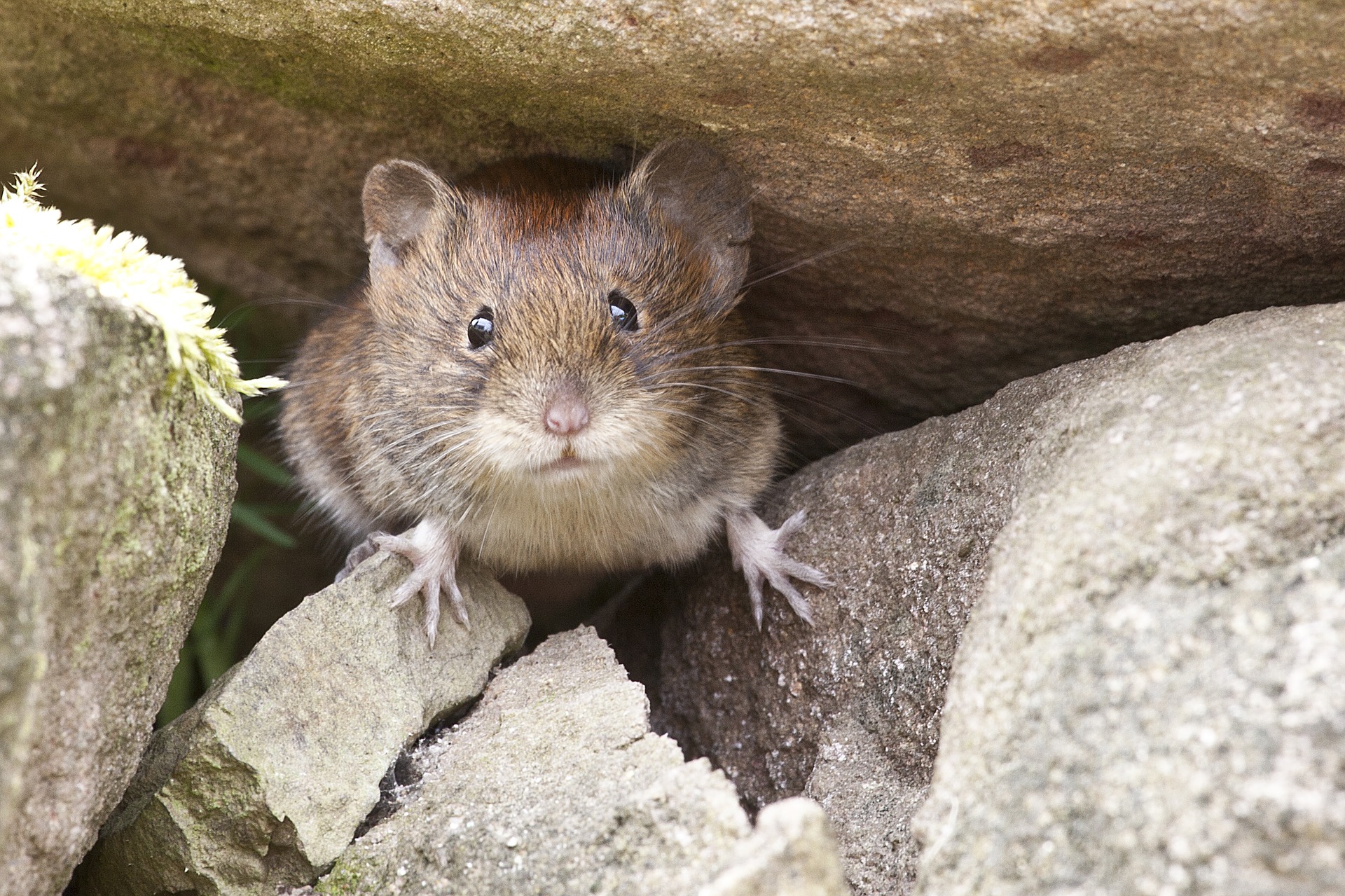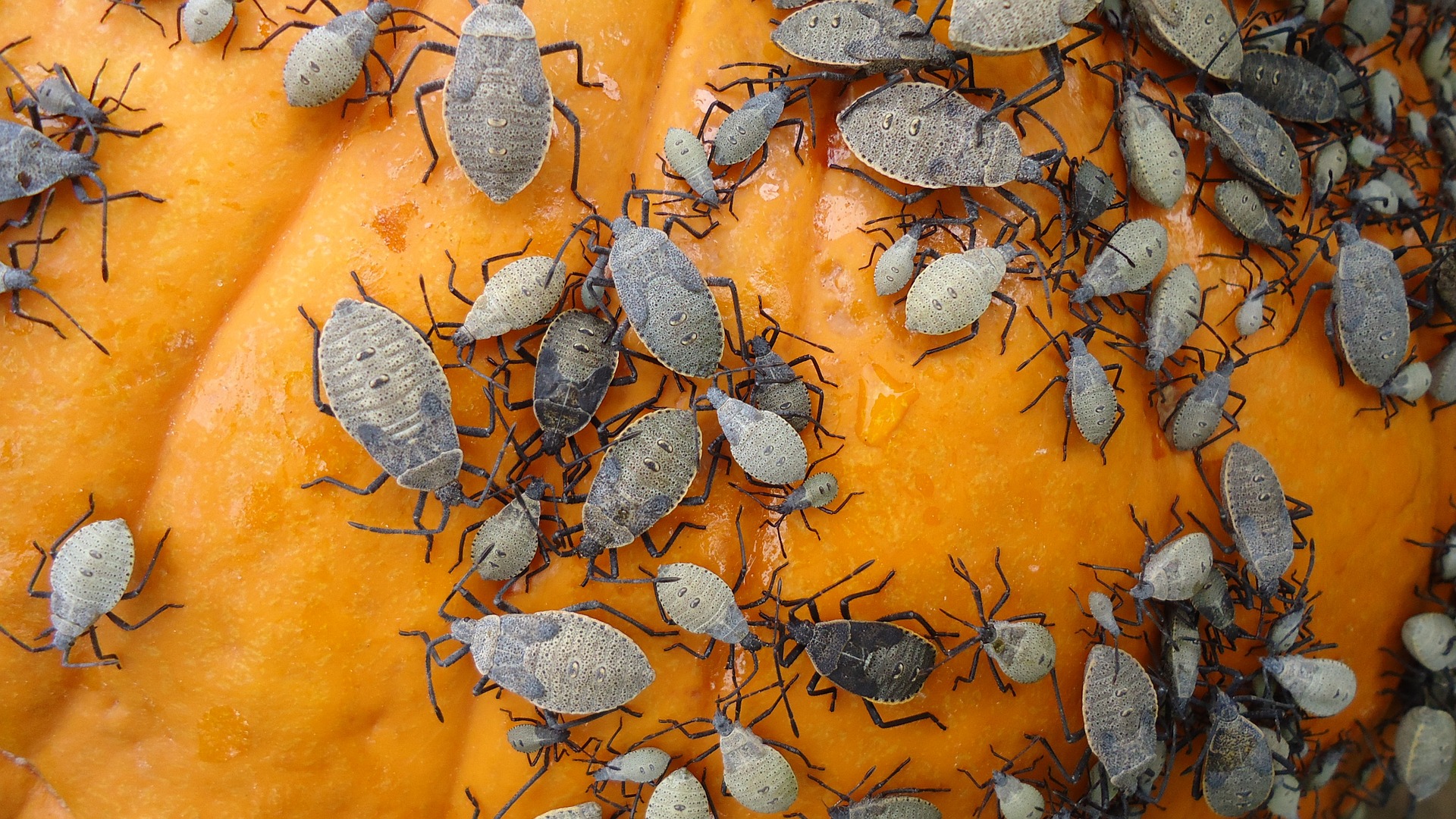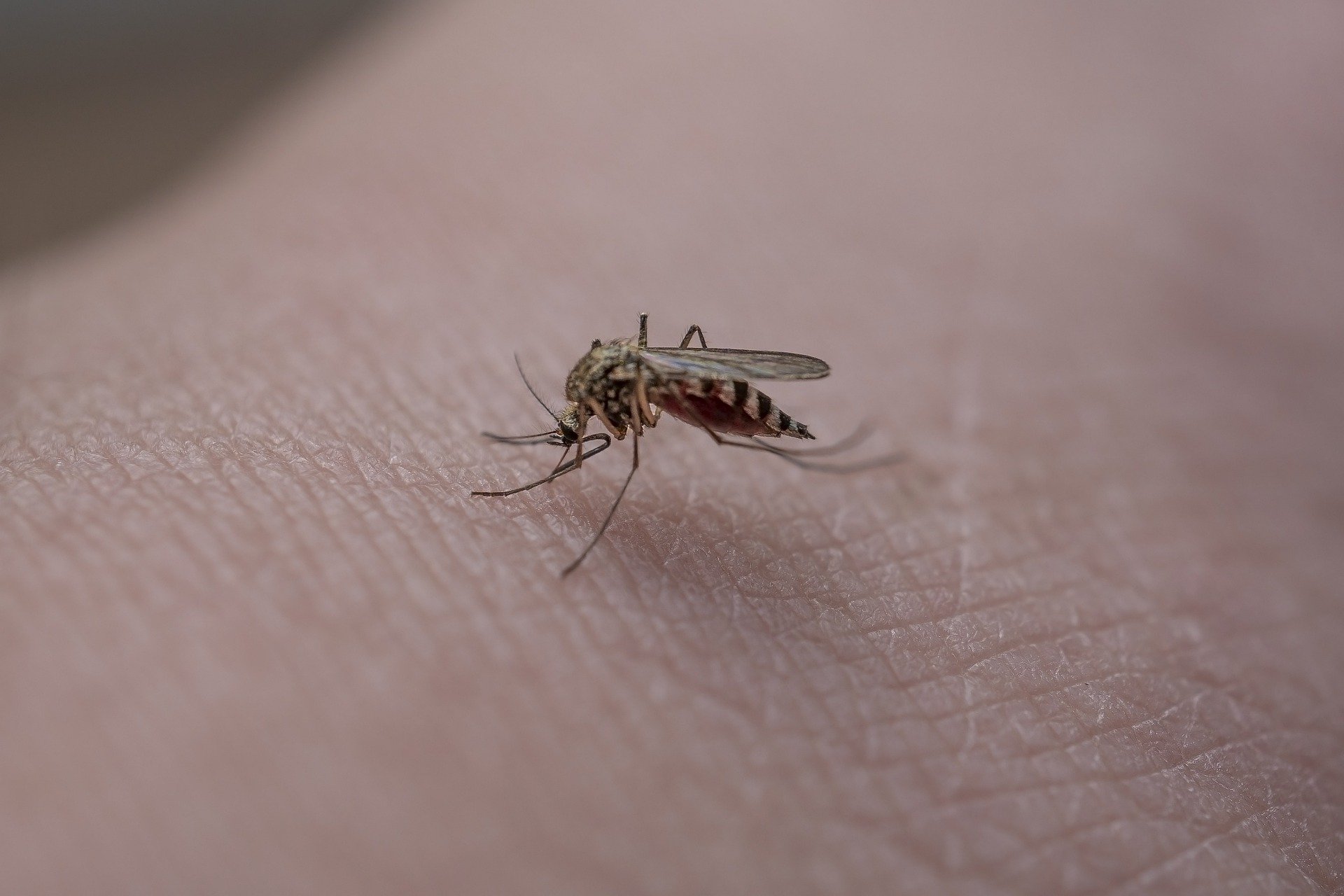Bee Activity is Likely to Increase in NYC – Here’s What You Can Expect
Like many insects, bees flourish in the warm summer months. There is ample food for them to eat with all the blossoming flowers and growing plants, and temperatures remain comfortably high. When winter comes, a beehive will go into an overwintering, hibernation state in order to last out the cold temperatures and limited resources until things begin blooming again in the spring.
Over the next few months, bees will begin preparing for their overwintering, so you are likely to notice some differences in behavior if you have bees regularly active around your home.
How Bee Behavior Changes in the Fall
Bees prepare for overwintering similarly to many mammals that hibernate until spring. Bees have to collect food water sources to sustain the hive throughout the winter. The population of the hive will also be changing in number. Depending on the species of bee, some of the behaviors and signs you might notice with bees this fall include:
- Bees are Everywhere – The majority of the hive needs to collect food almost constantly to build up stores for winter. This will result in more bees out searching for food for a longer period of time. This will continue as long as temperatures stay above 55 degrees Fahrenheit, at which point bees will move into their overwintering state.
- Bees are More Aggressive – Bees tend to be non-aggressive throughout the summer, stinging only in defense. But because bees are anxious to find food during the fall while food is also becoming more scarce as the last flowers fade, bees will often become more aggressive. This can result in bees being in locations you would not previously have seen them and displaying more aggressive habits, which can result in a greater number of bee stings. It is best to give bees additional space during the fall.
- Dead Bees – You are likely to see a greater number of dead bees, particularly if you have a hive somewhere on your property. During the summer, a beehive can often contain over 50,000 workers to collect pollen and breed with the queen. In the overwintering state, a hive will keep only about 10,000 bees. As a result, seeing more bees is likely not a reason to be alarmed.
Changing seasons have a high likelihood of changing the way bugs behave around your home and bees are no exception. If bees have become a greater concern in your area this fall, our team at 24 Hour Pest Control can help manage any problems you experience with bees or other stinging insects. Schedule bee control with our team today.

